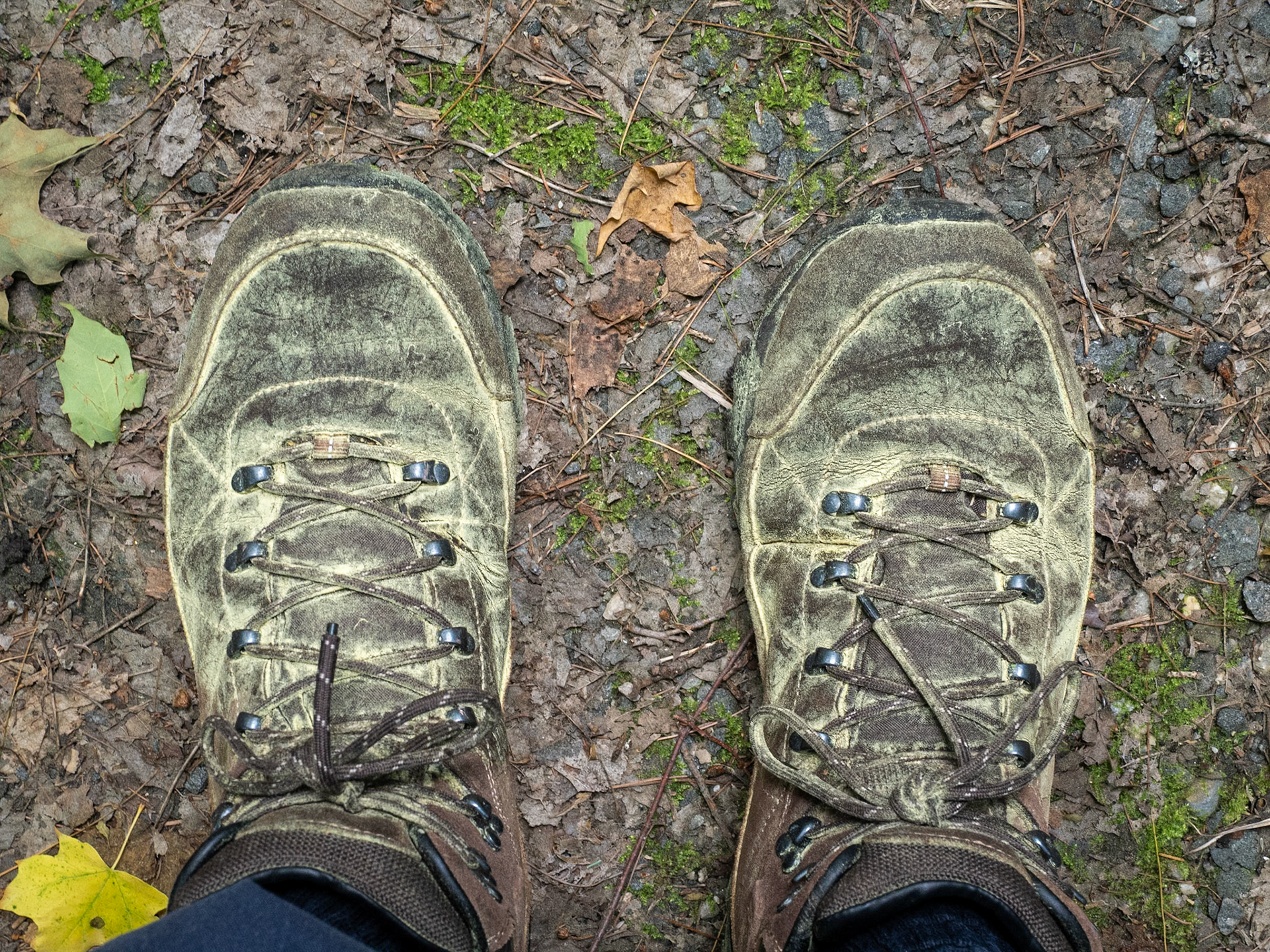With the tree canopy having filled in with leaves, there was little sunlight for wildflowers to prosper
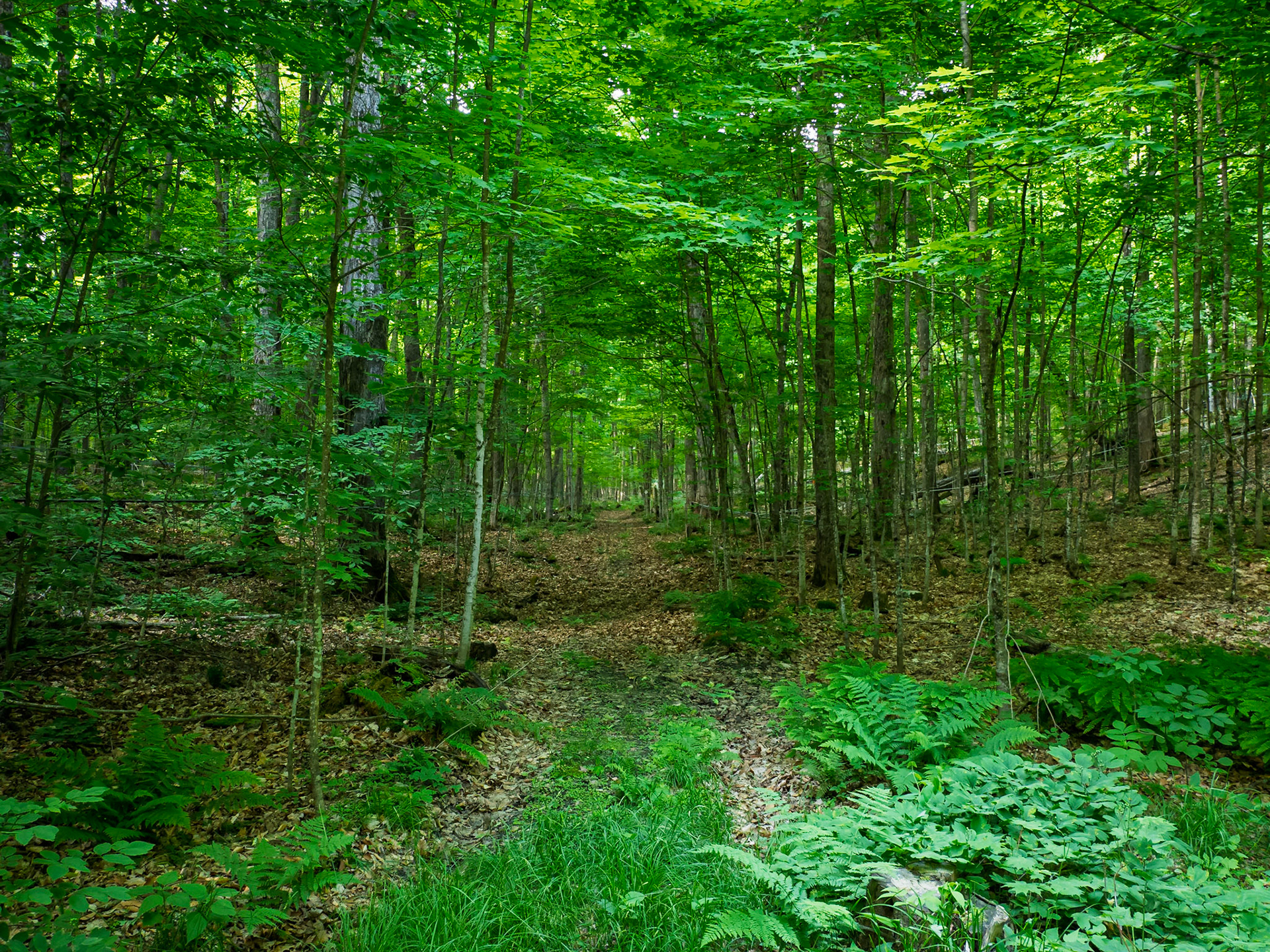
But in open areas or where where some sunlight did manage to reach the ground, there were flowers in bloom. Scroll over photo for ID
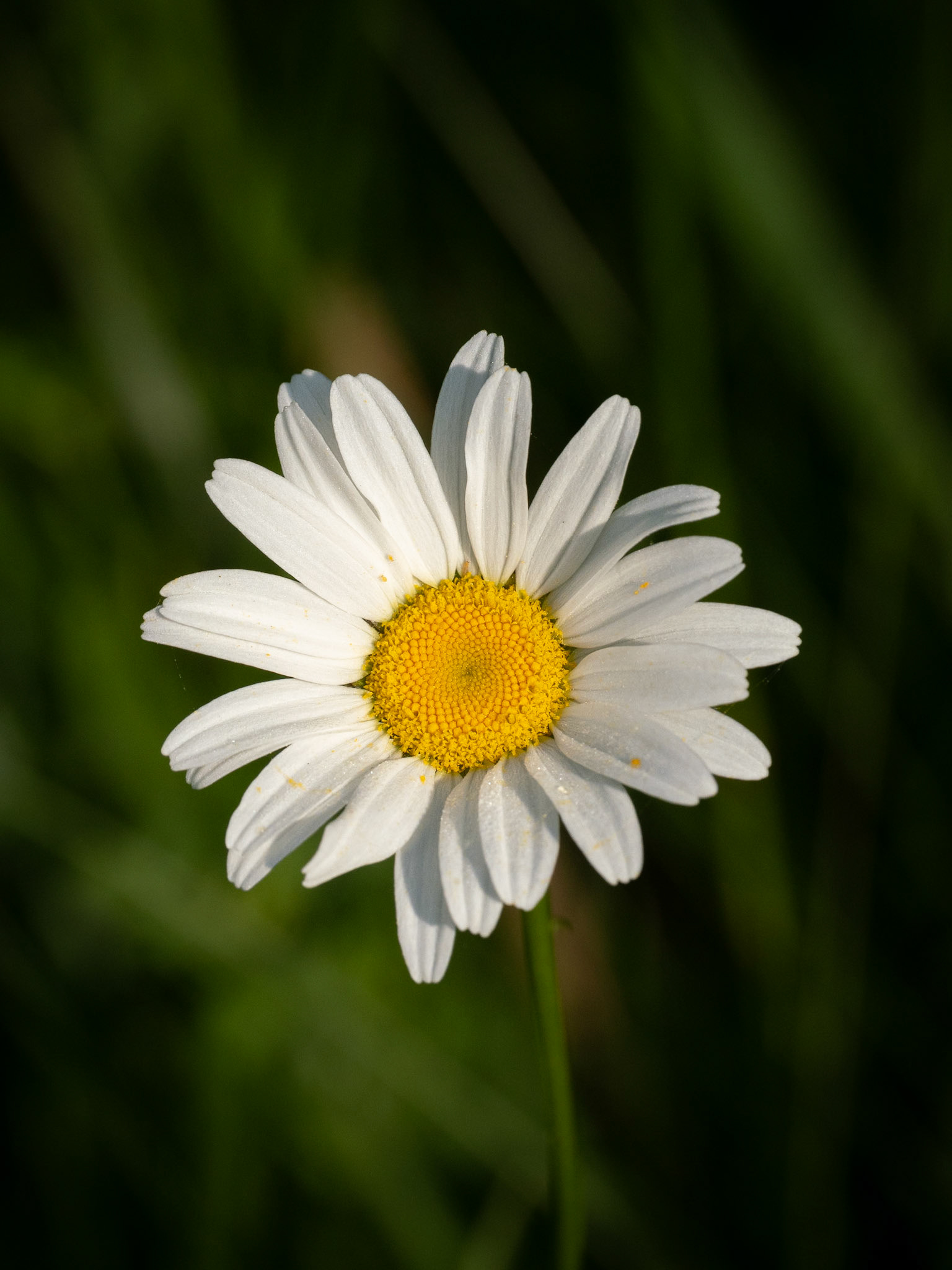
Daisy
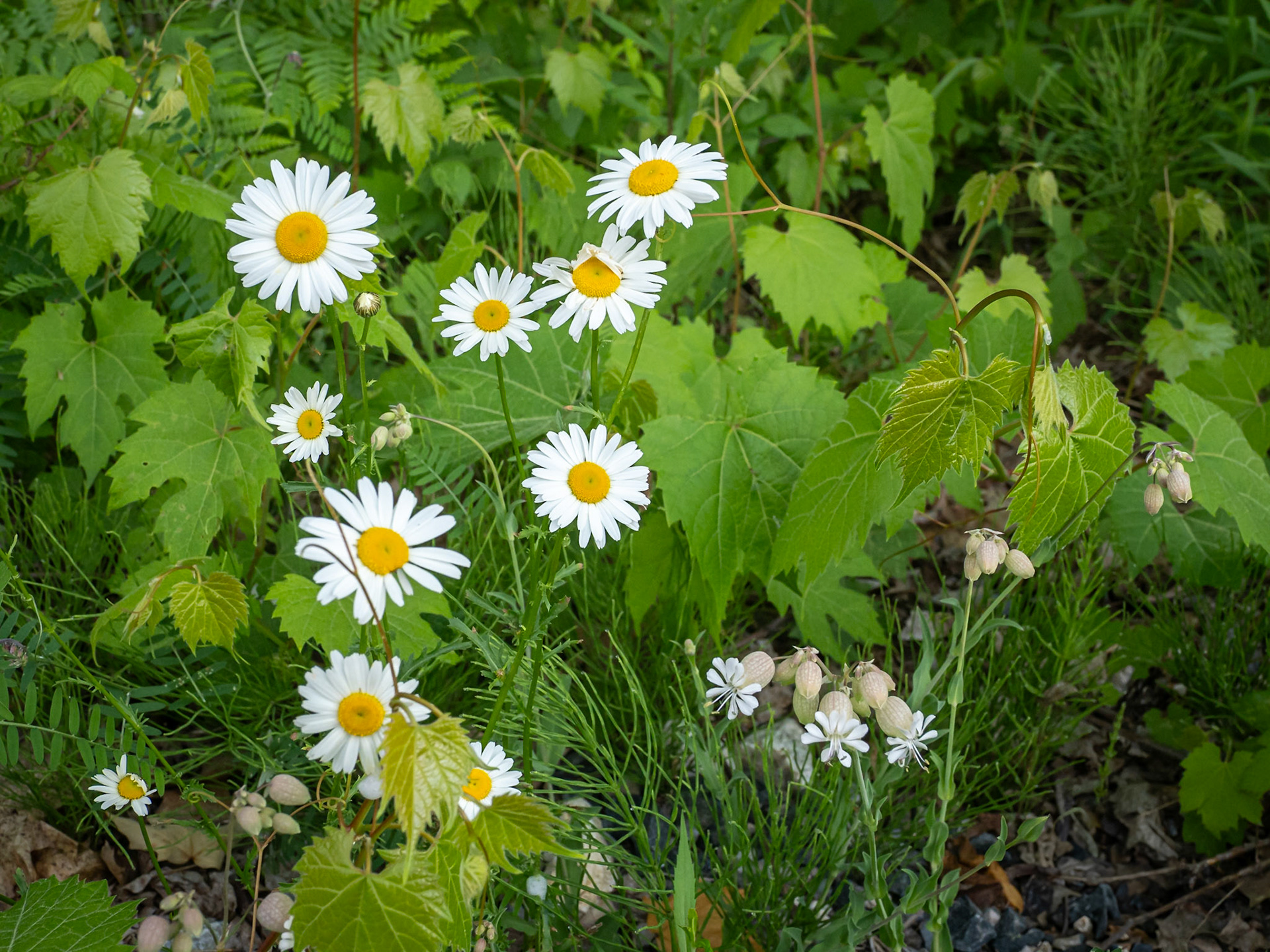
Daisy
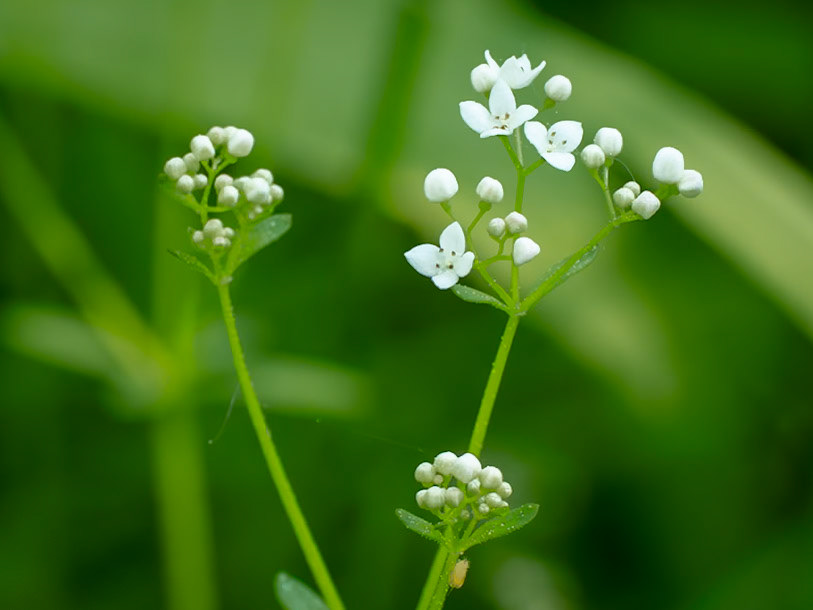
Common marsh bedstraw
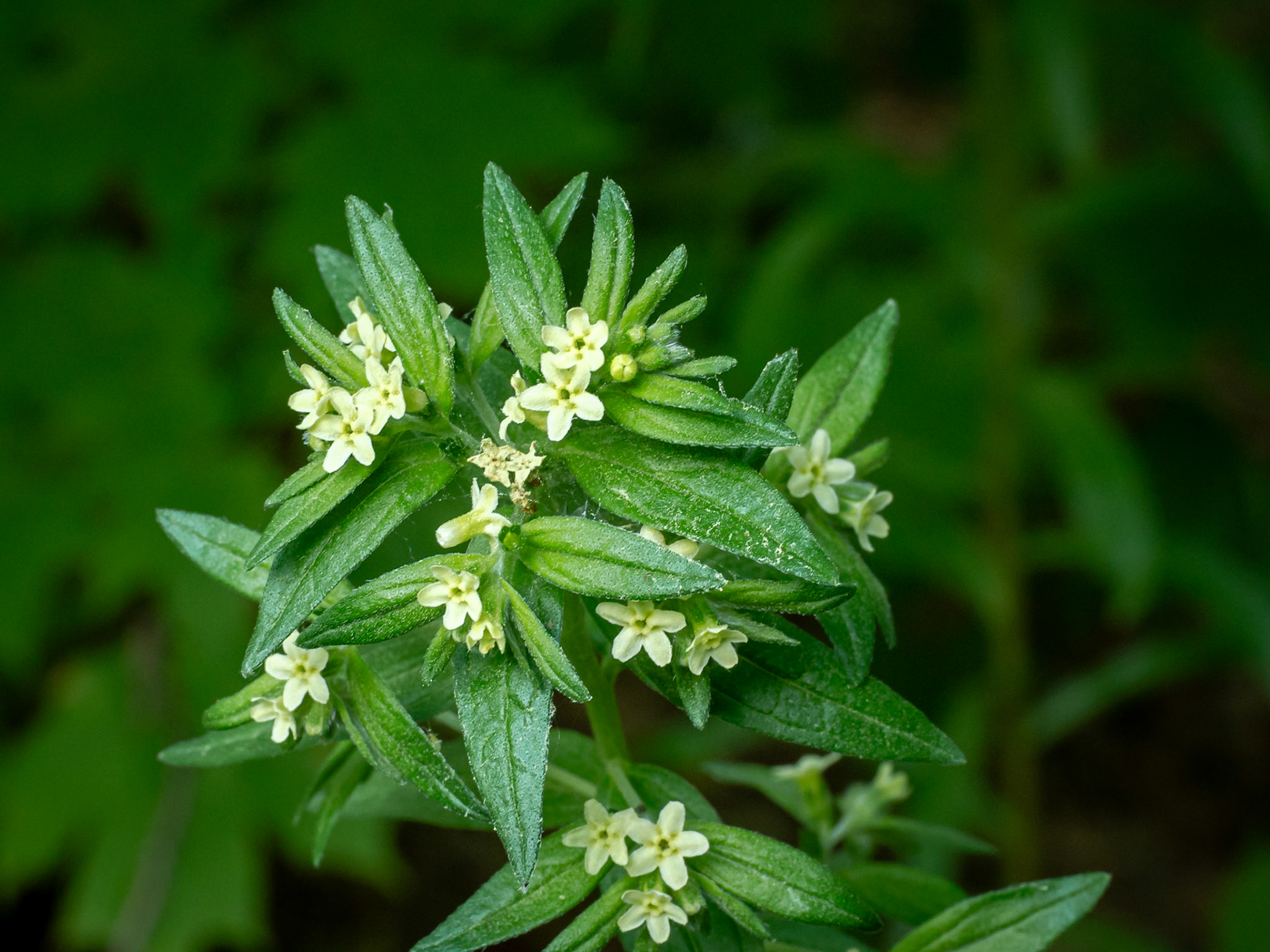
Gromwell
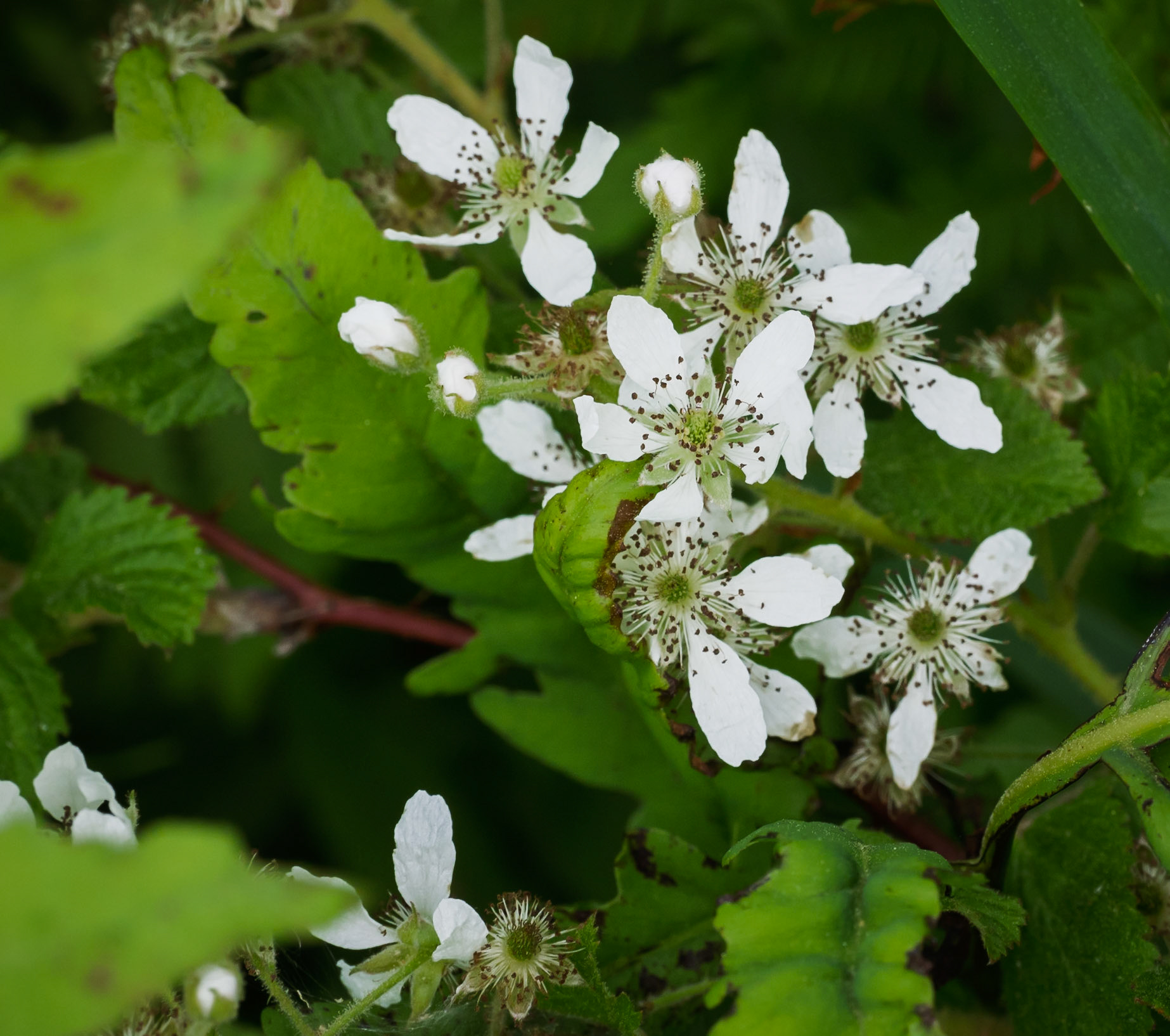
Blackberry
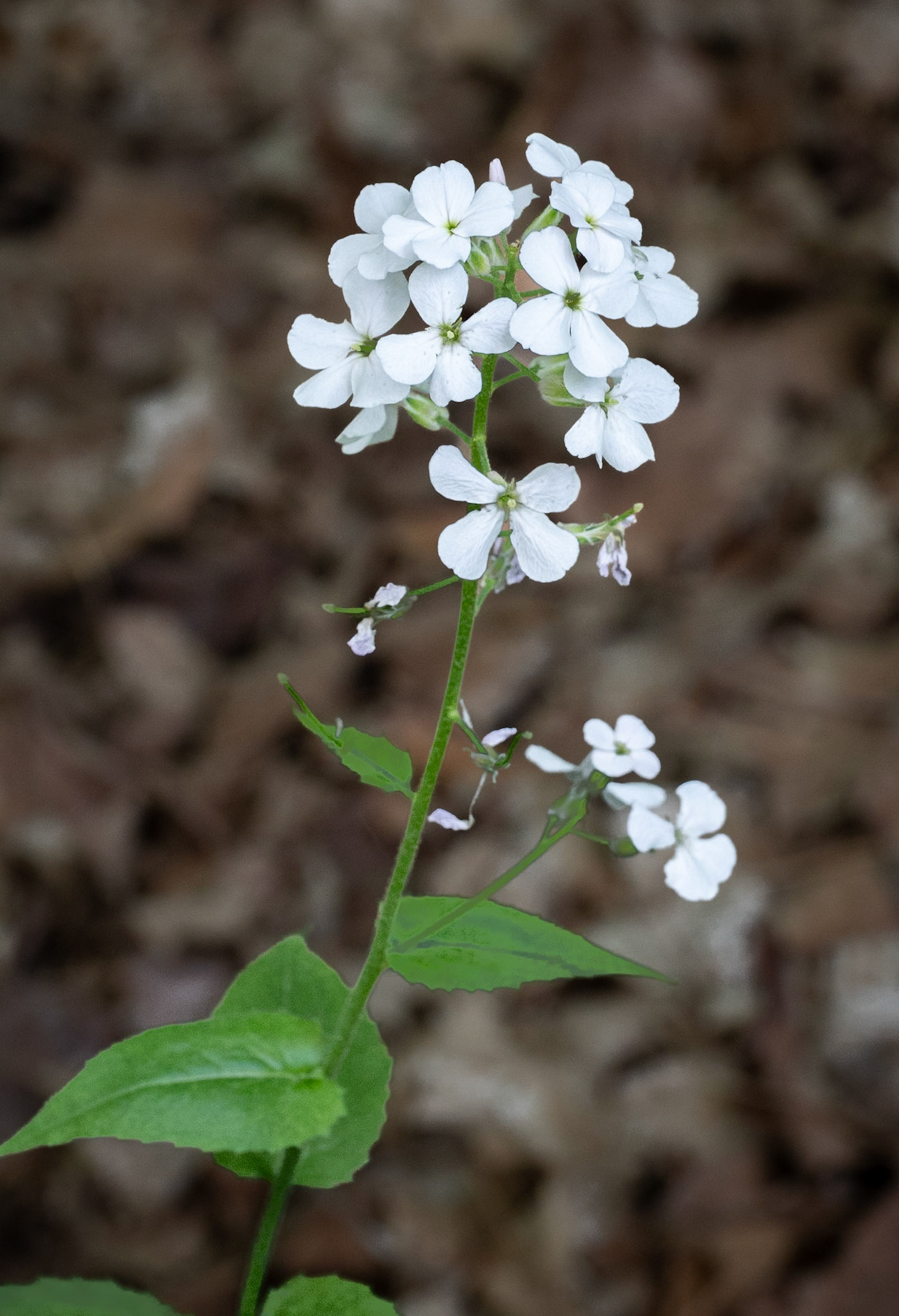
Dame's rocket
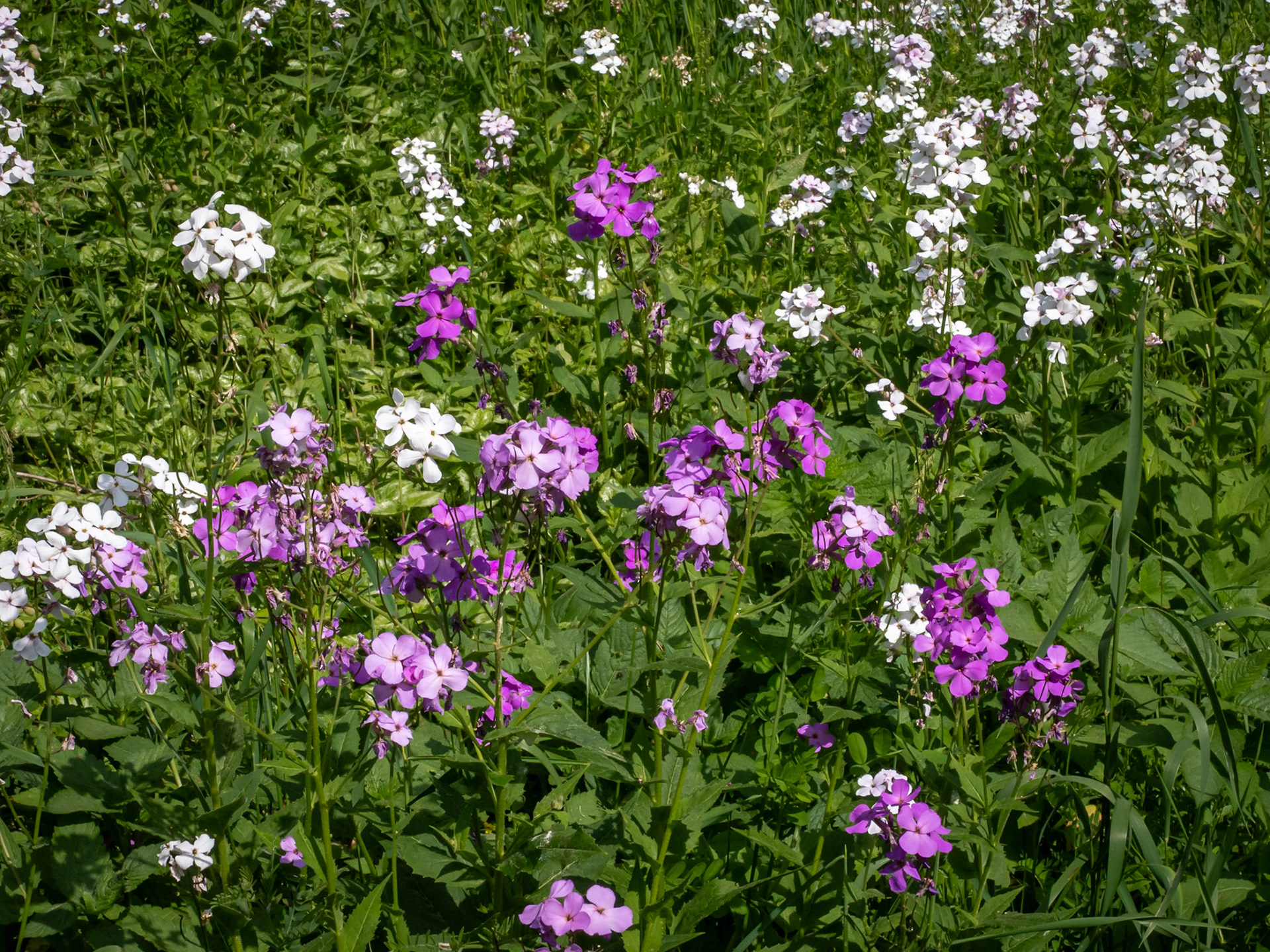
Dame's rocket
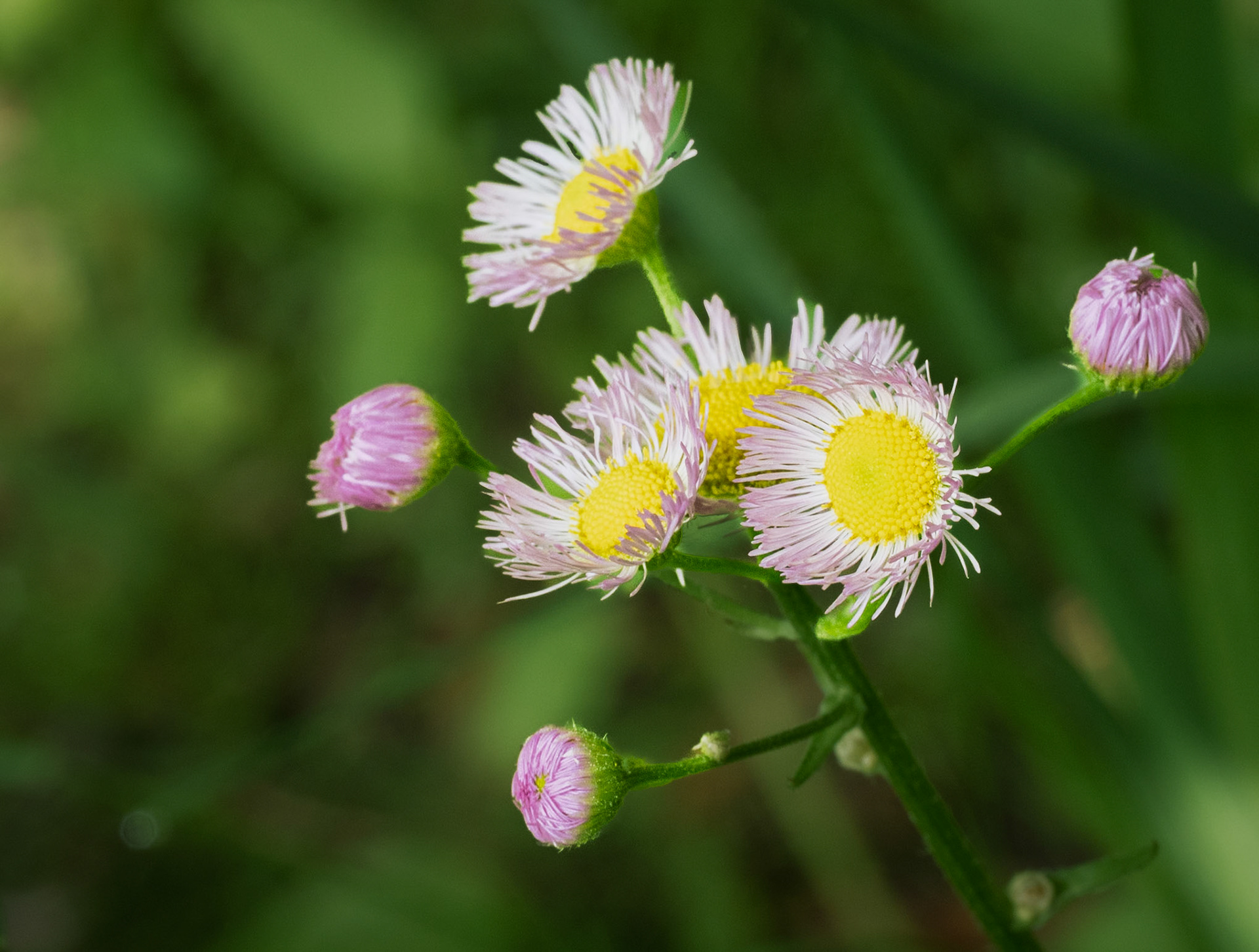
Fleabane
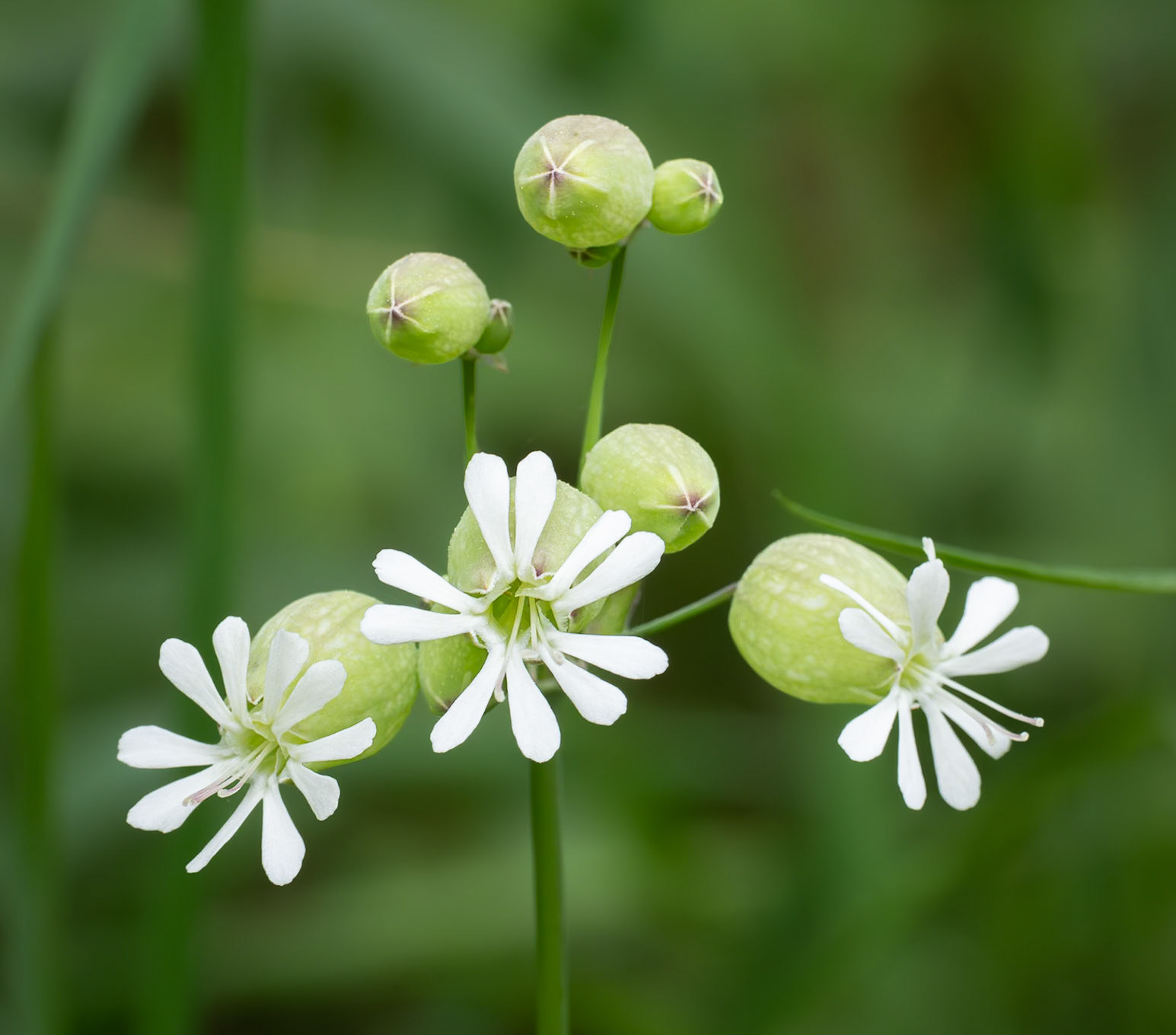
Bladder Campion
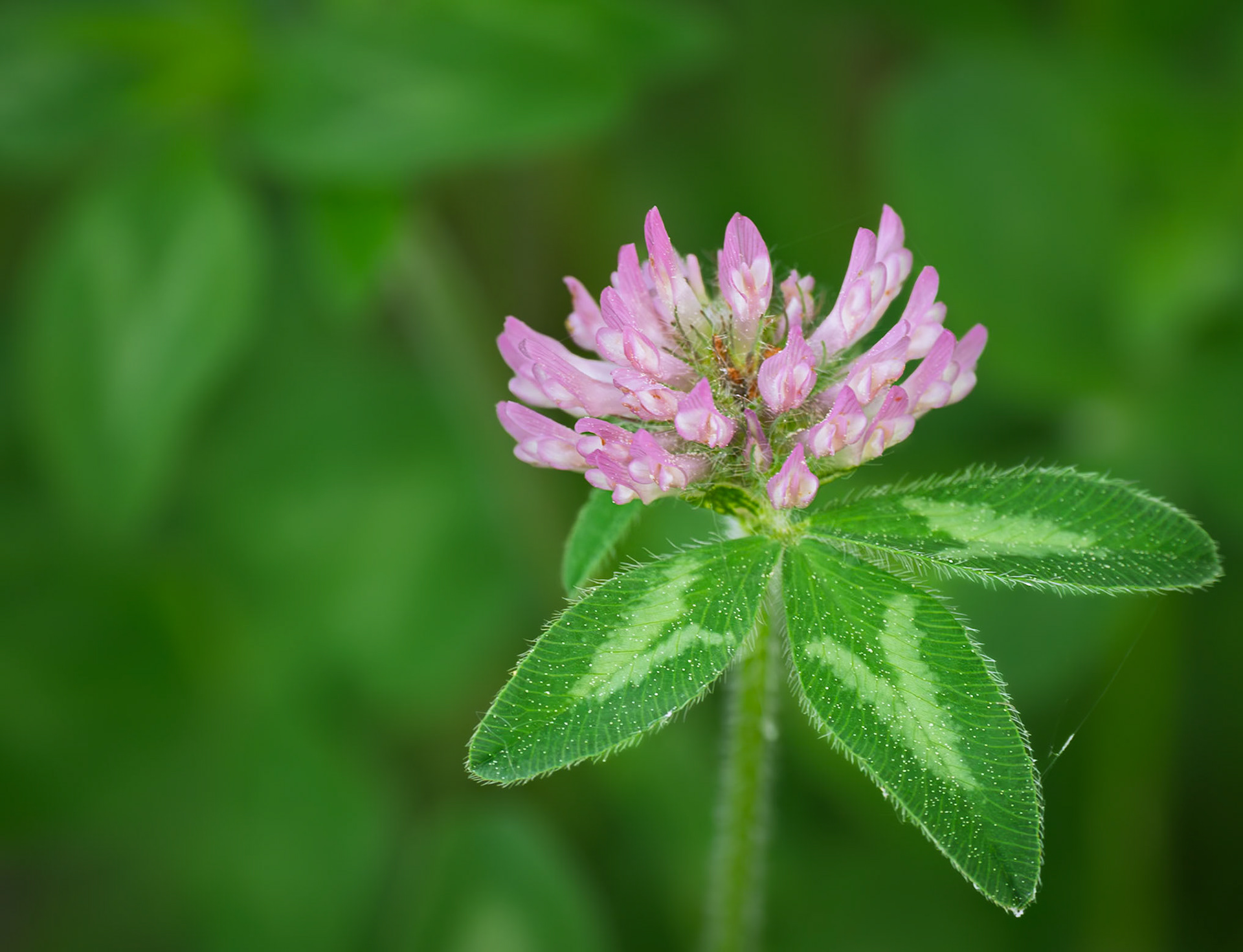
Red clover
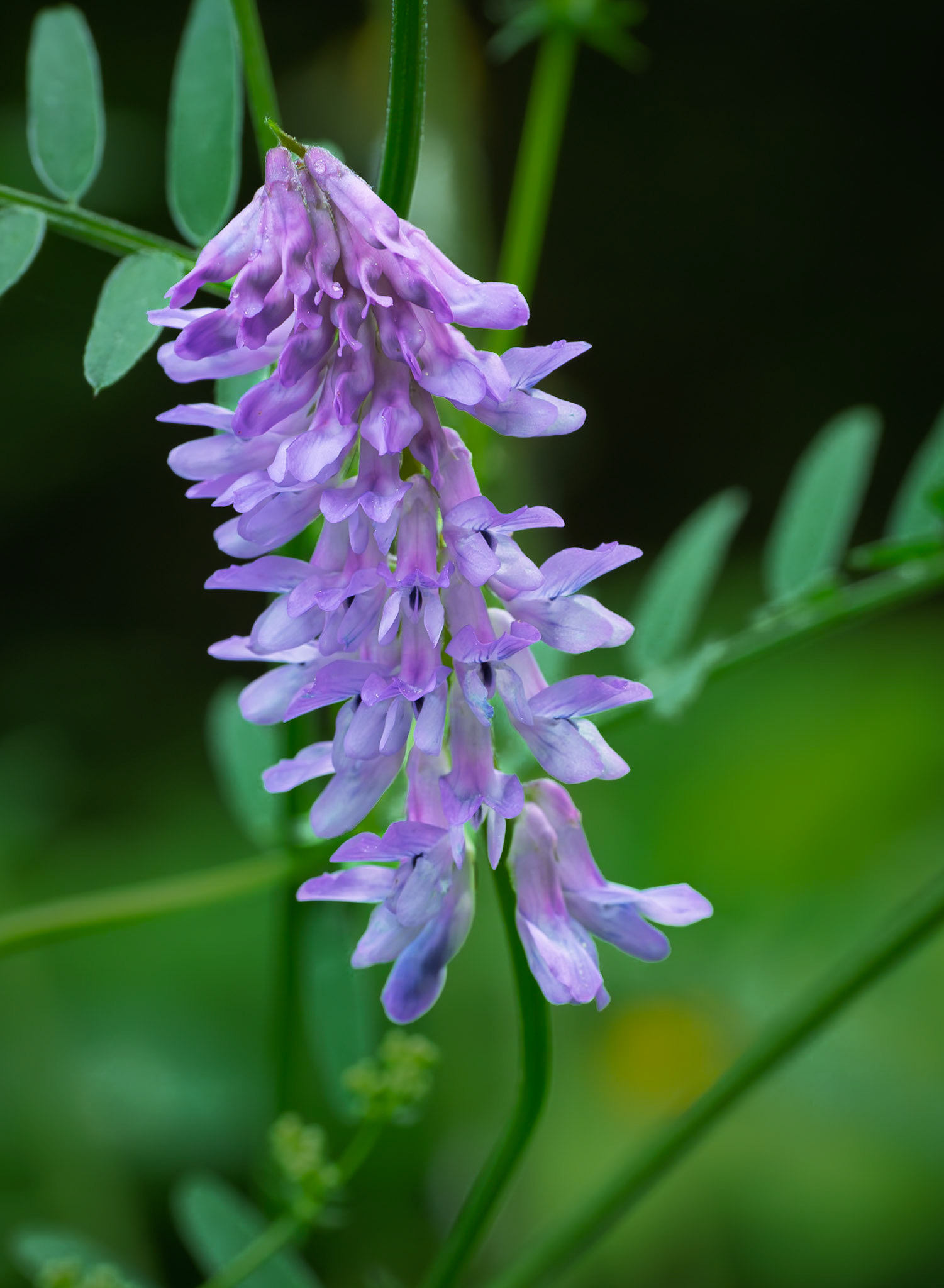
Vetch
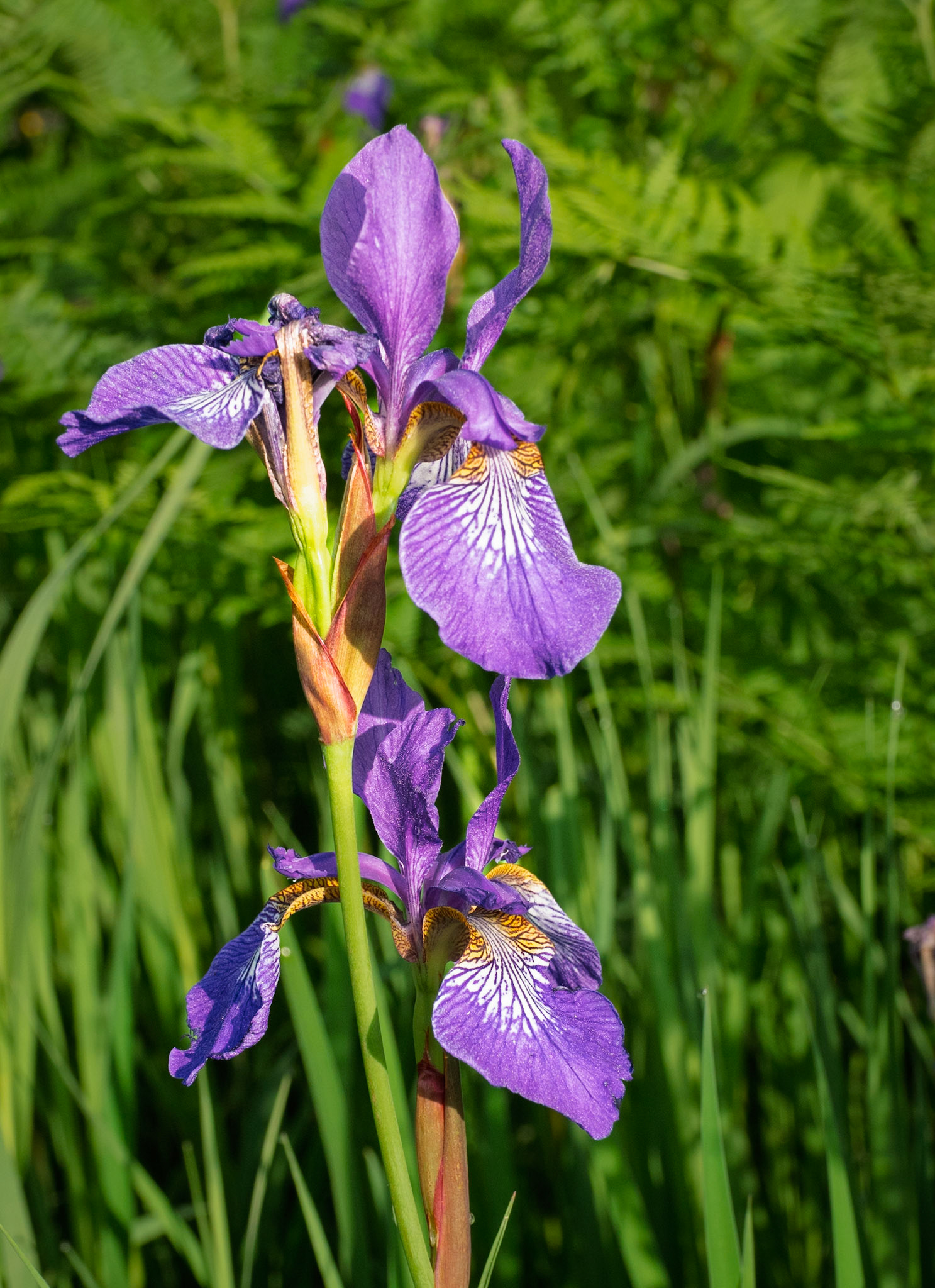
Blue flag Blue iris
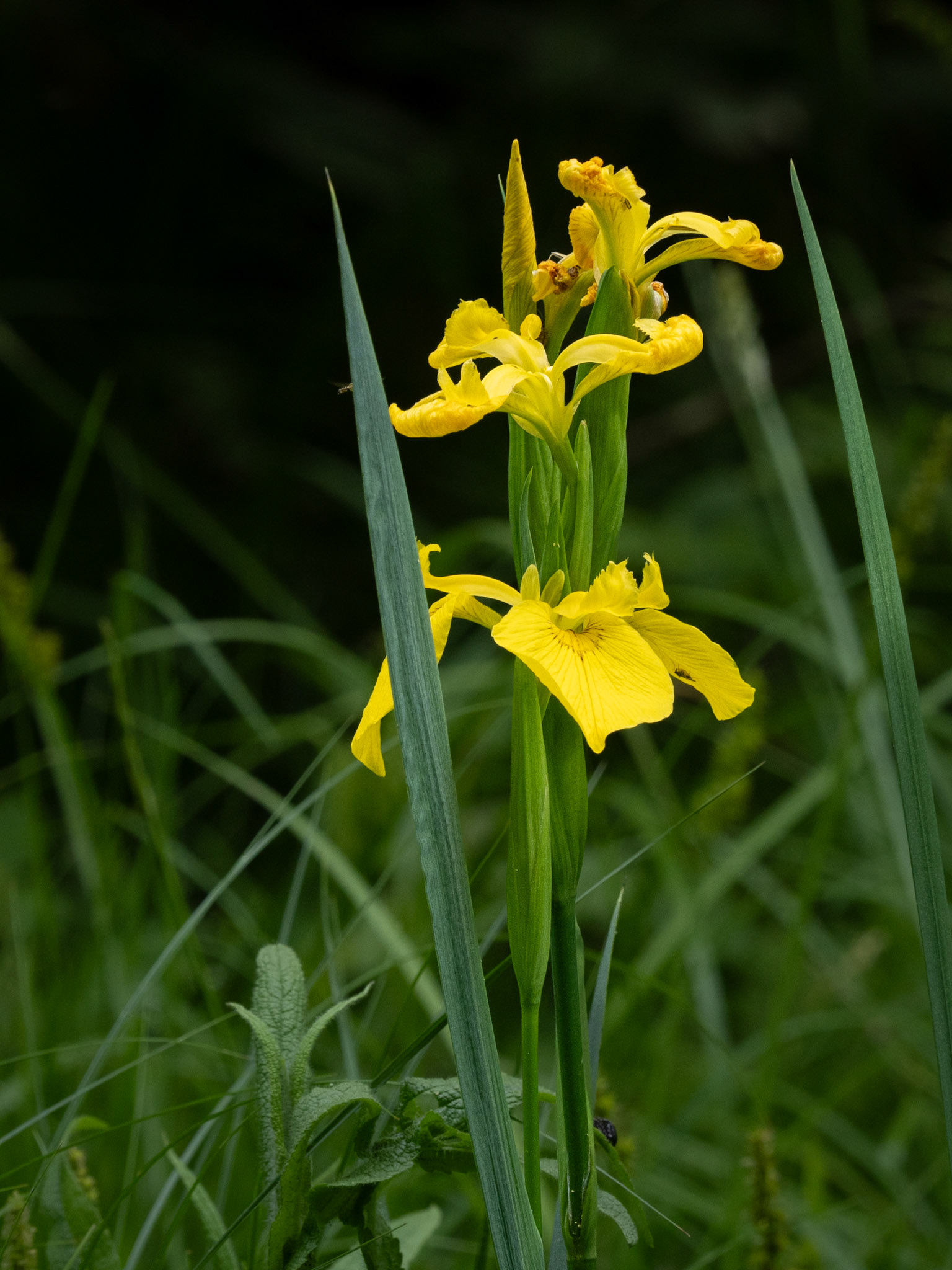
Yellow iris
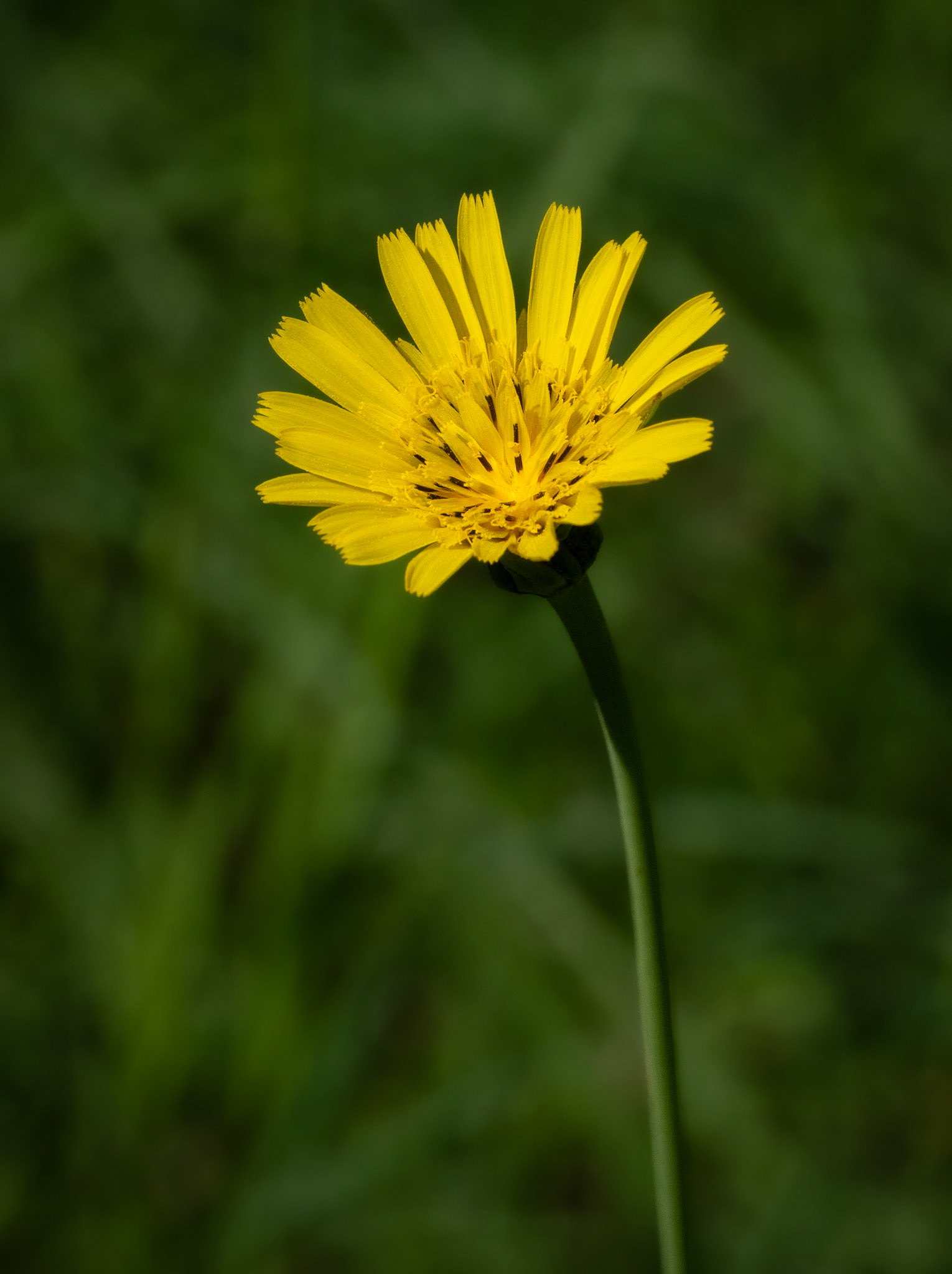
Goatsbeard
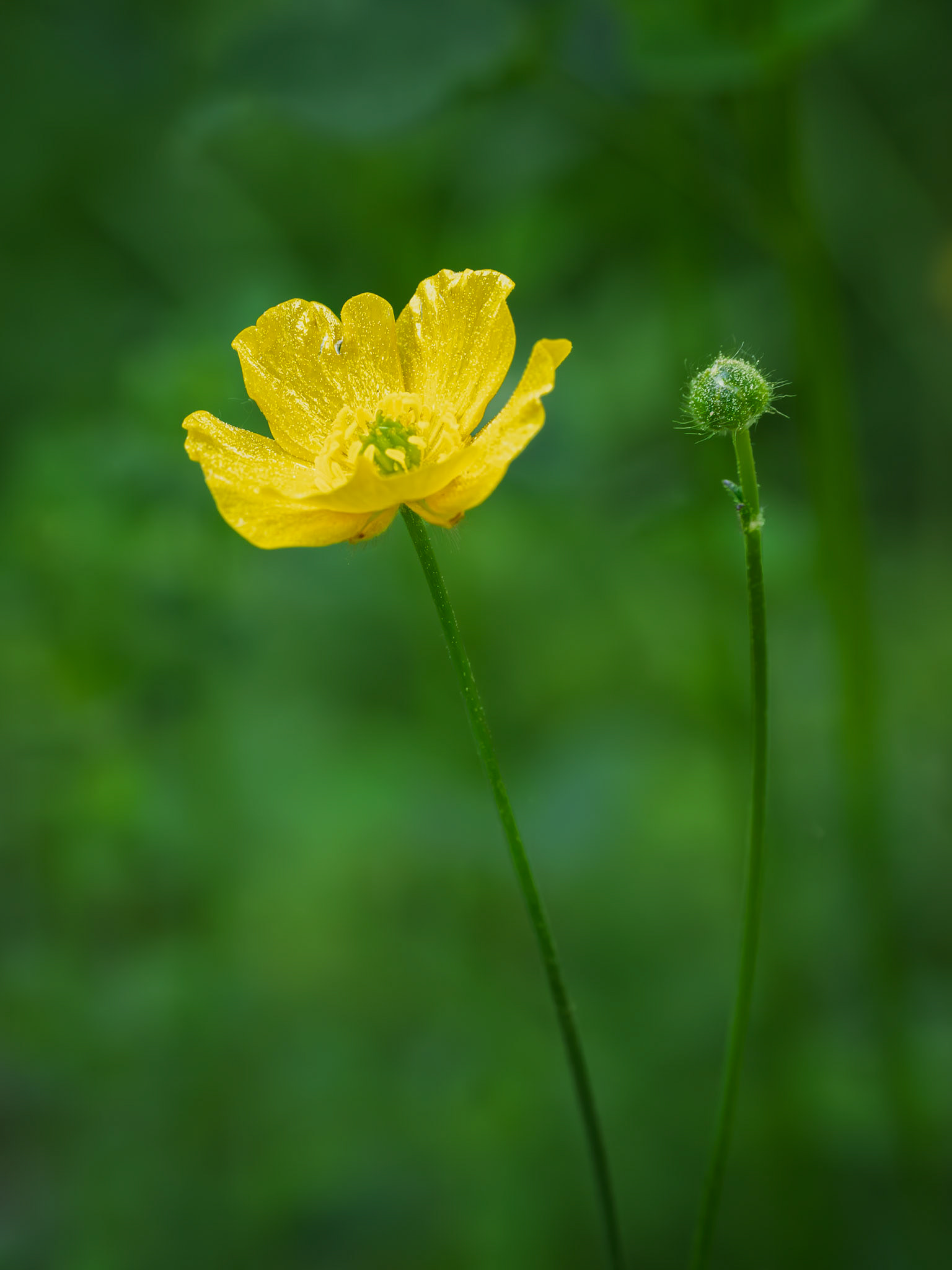
Buttercup
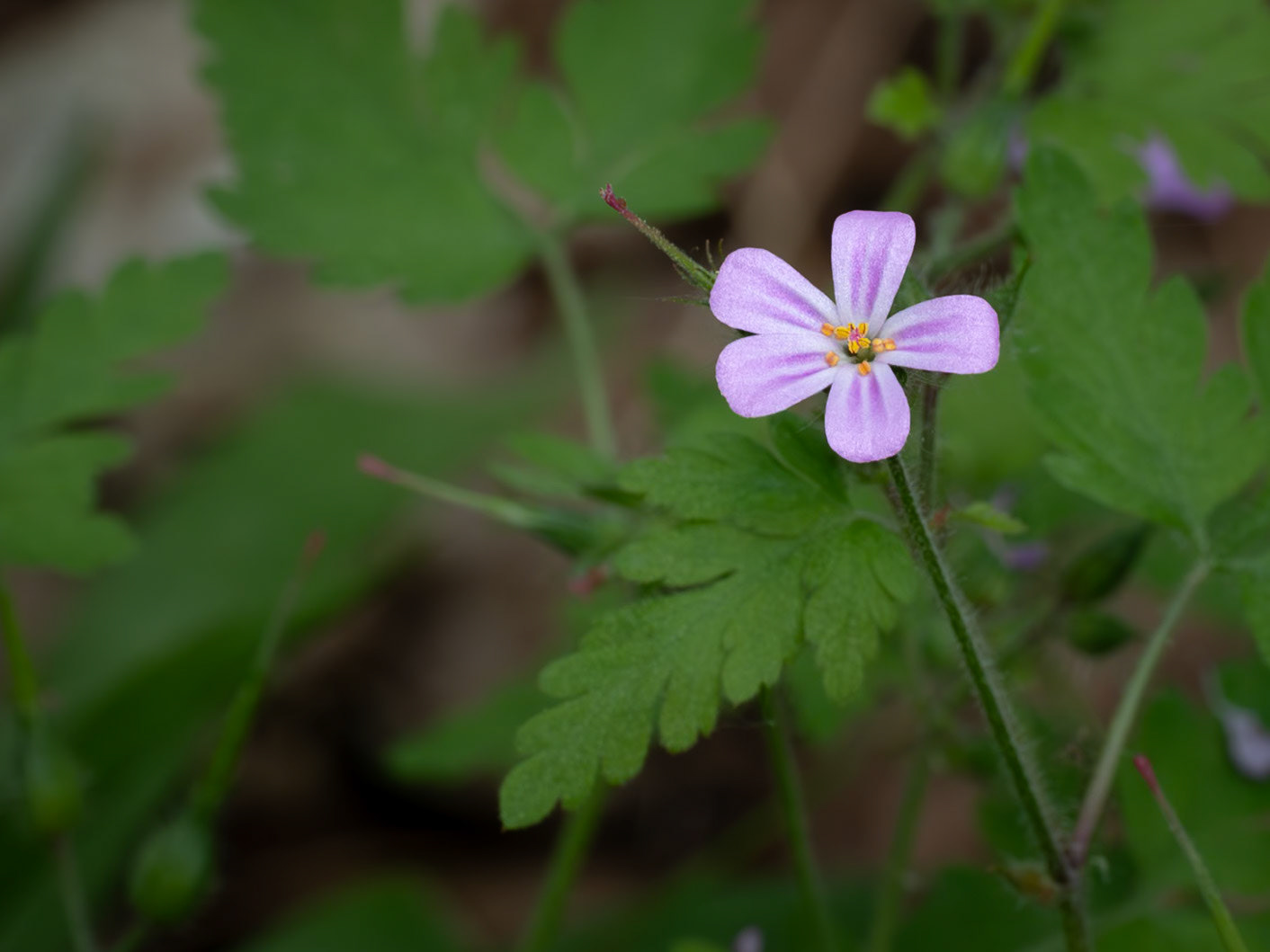
Herb robert
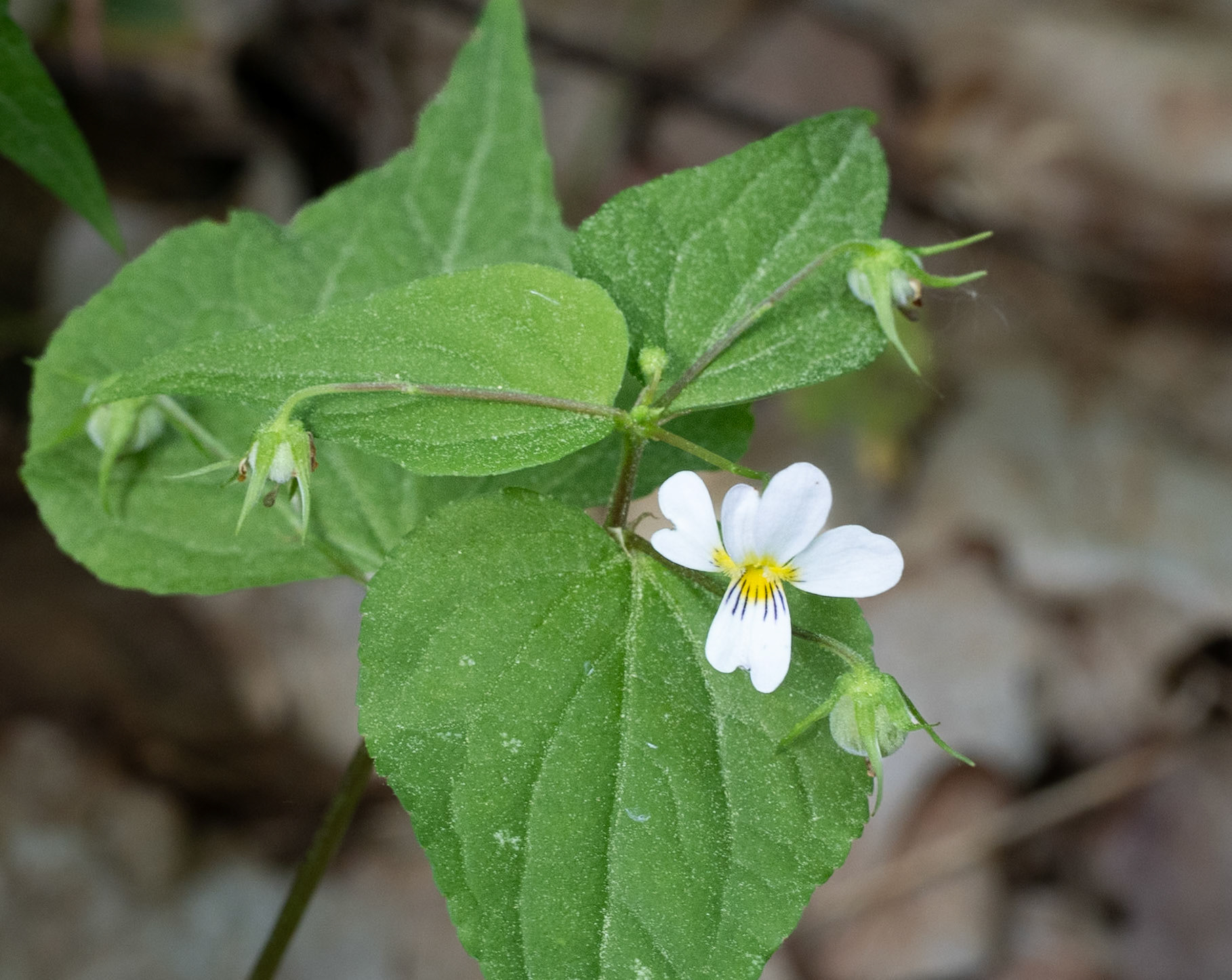
White violet
A few false solomon seal were still in bloom, but most had started forming their berries
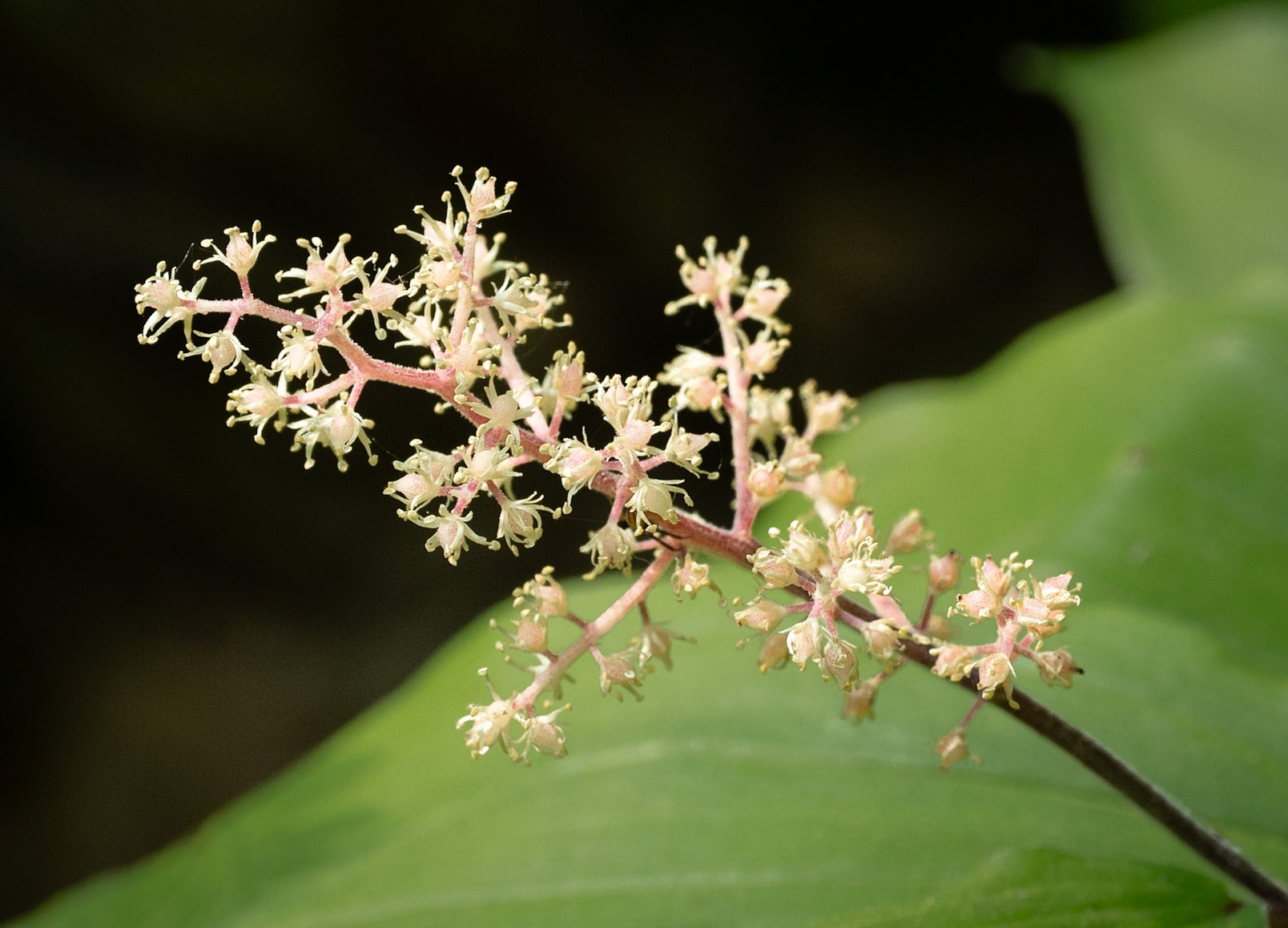
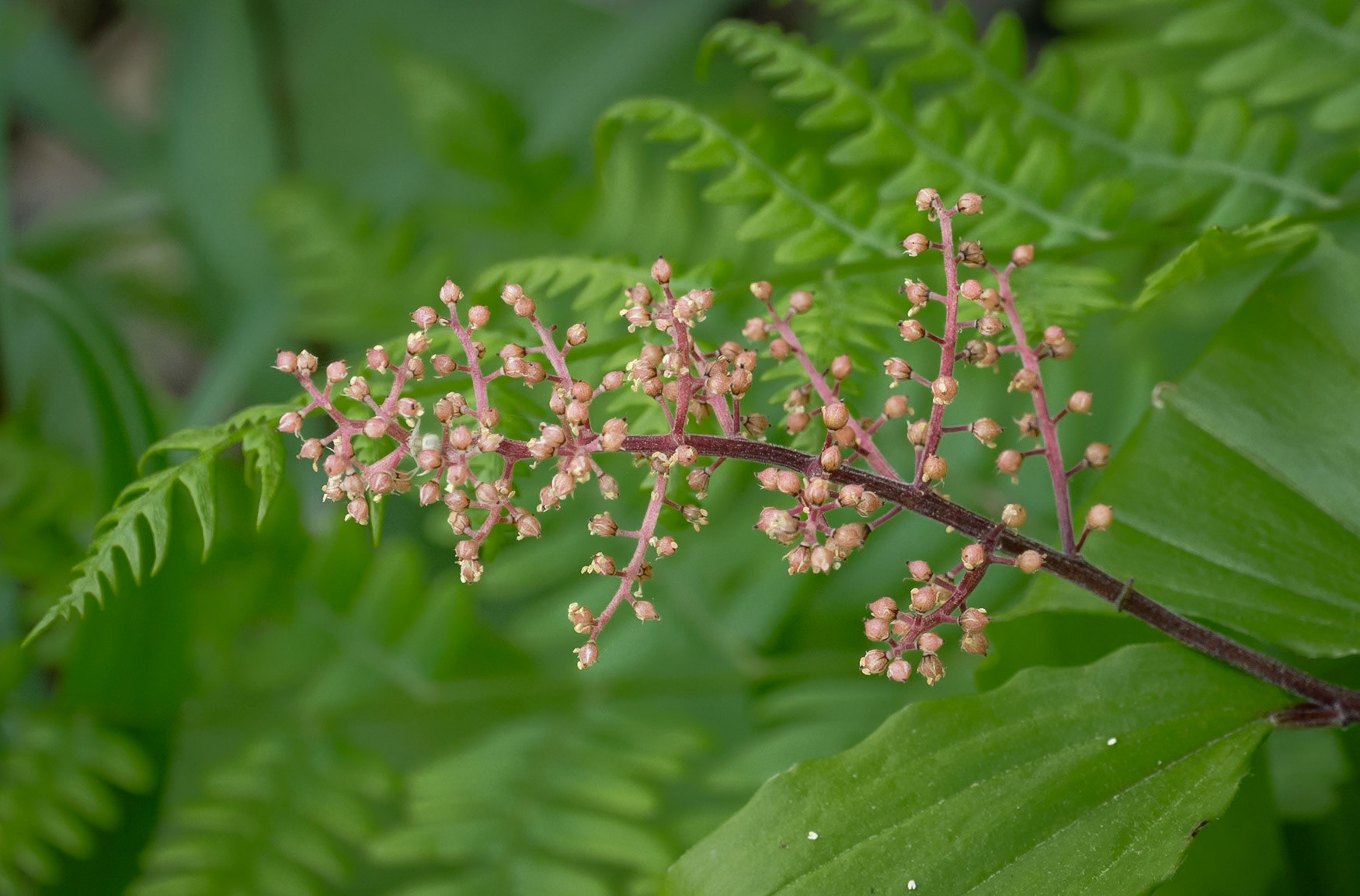
The trilliums of course were all well past blooming
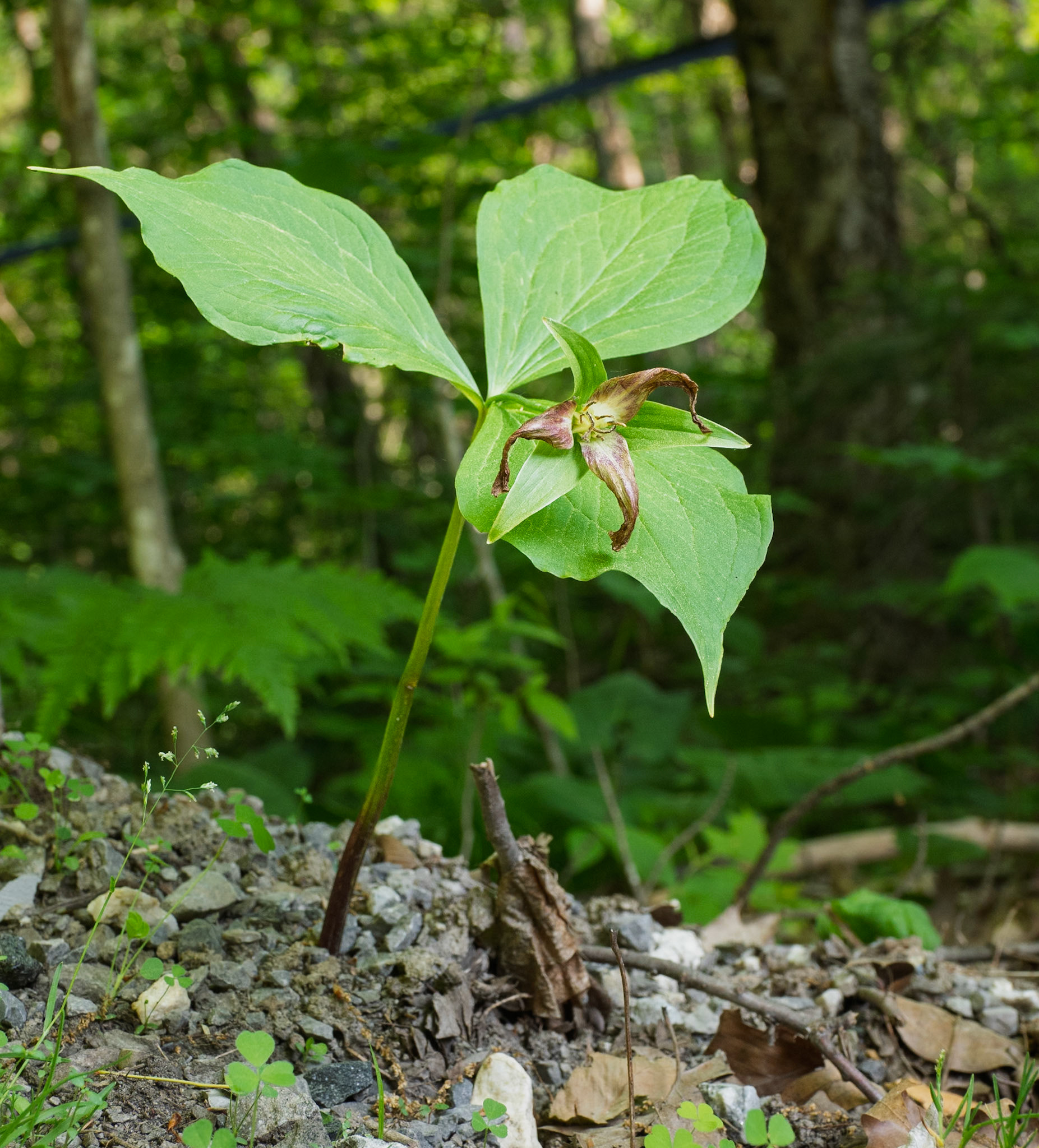
The grasses had grown tall and gone to seed. One was providing a hiding spot for an insect of some sort
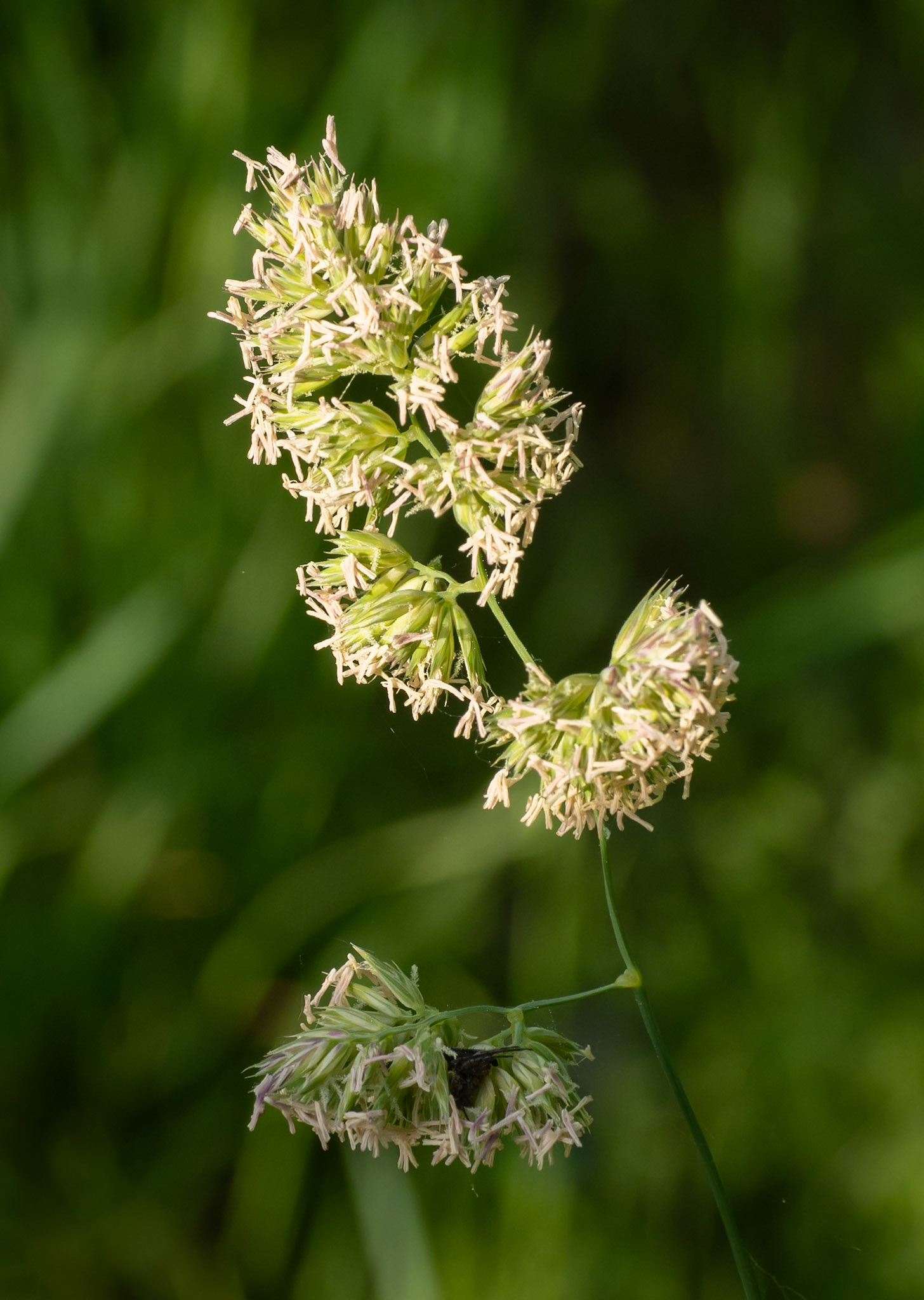
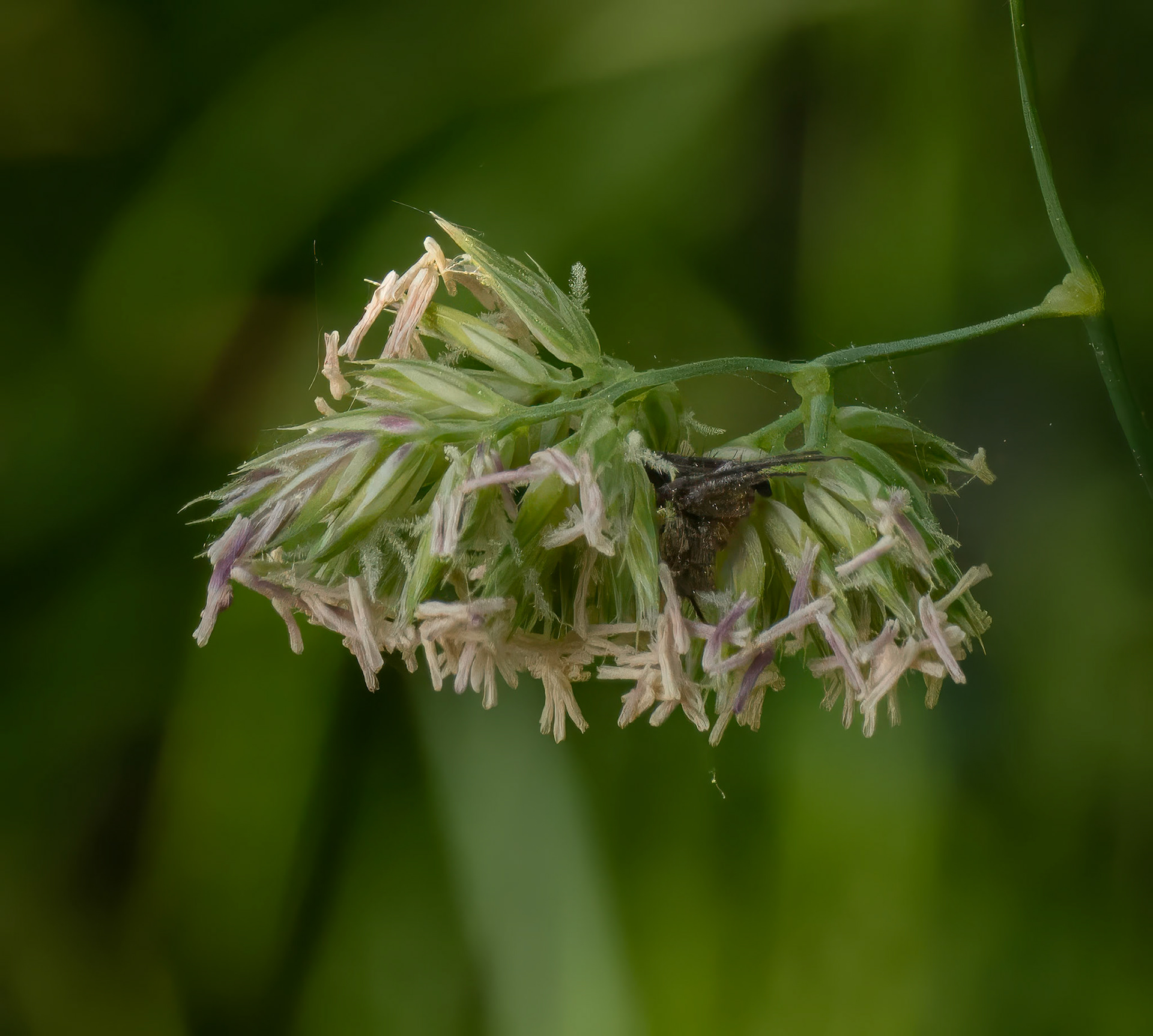
Some grasses had gone to seed, dandelions were spreading their seeds and the berries on the blue cohosh were developing nicely
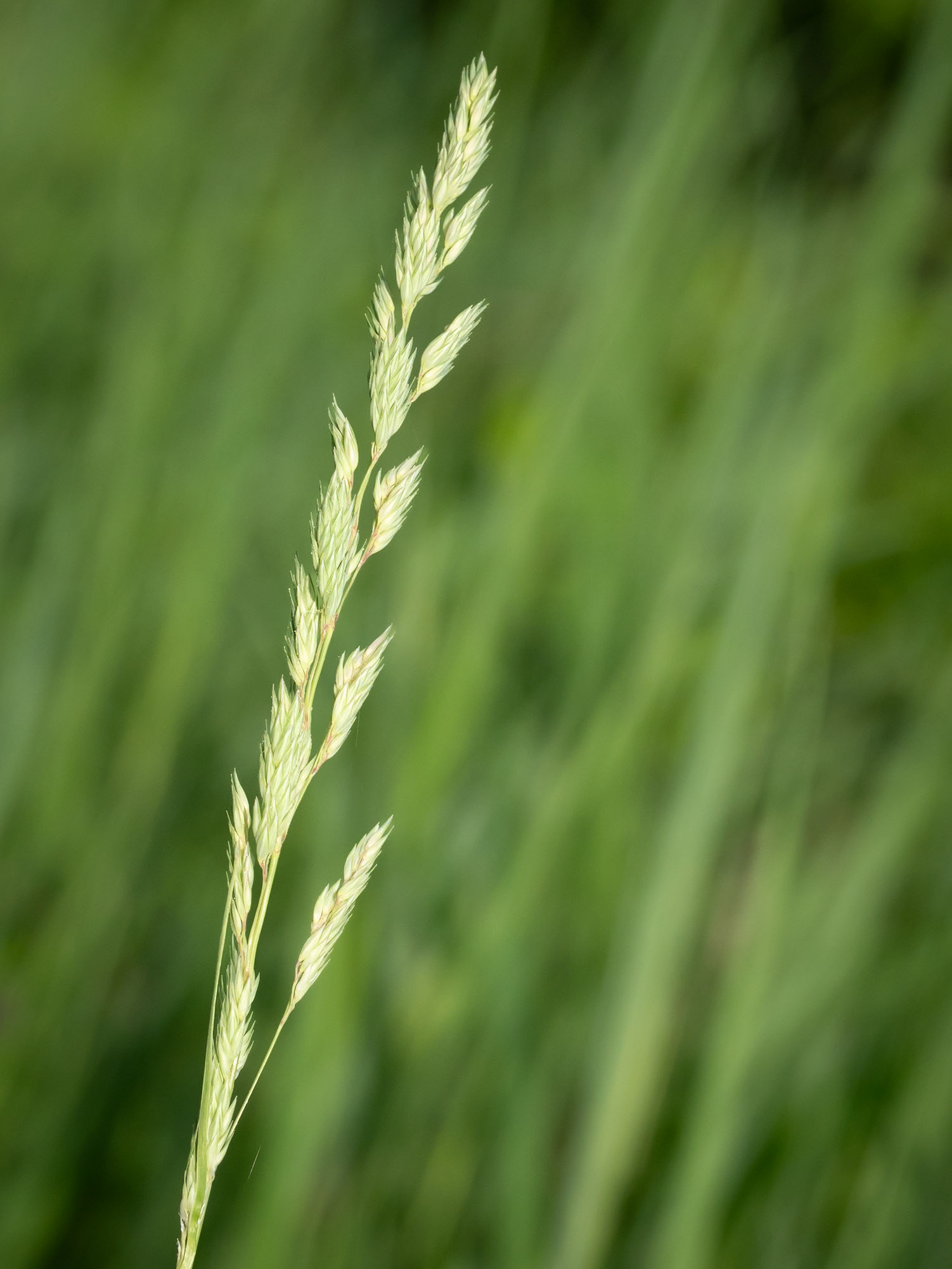
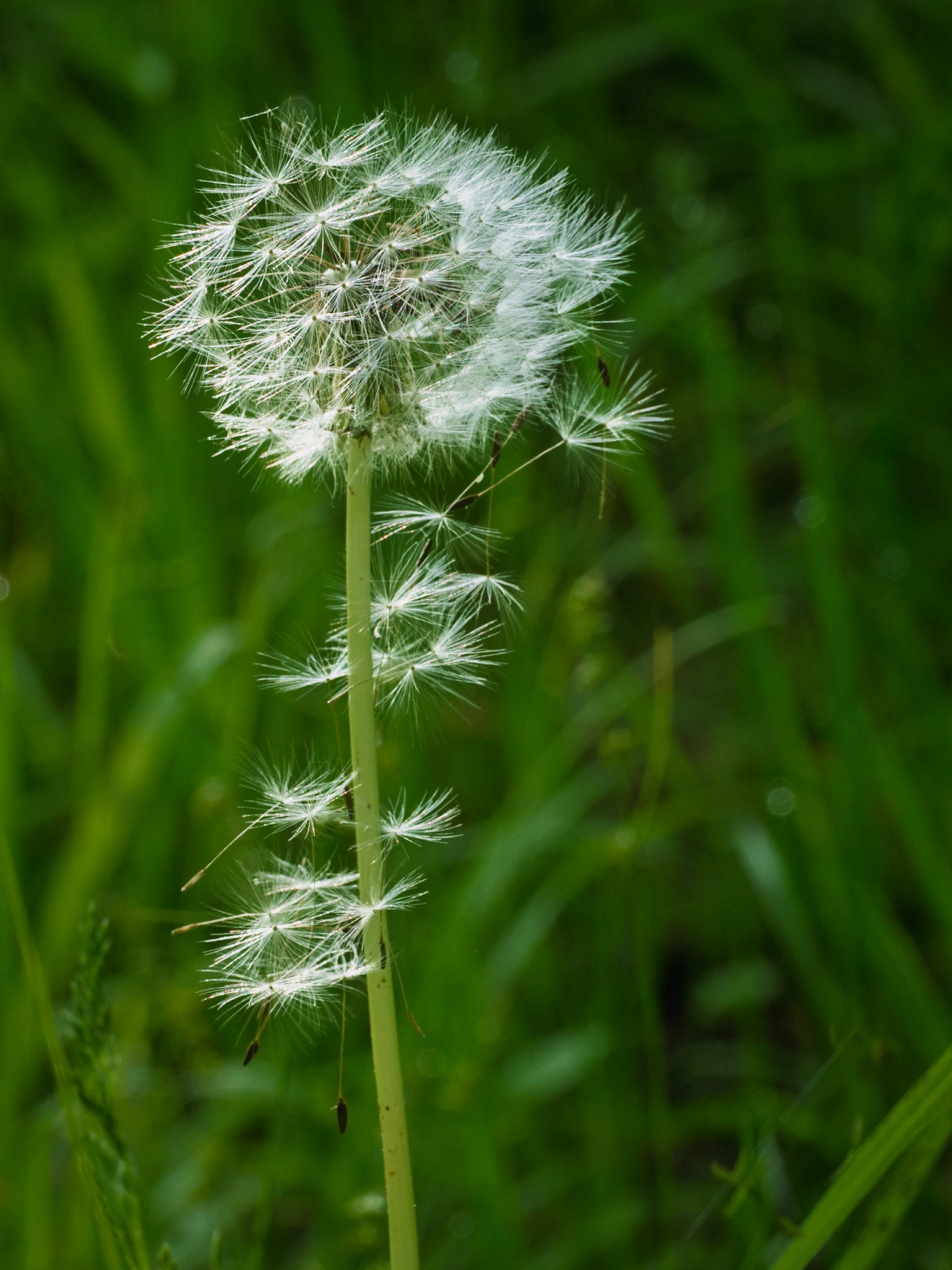
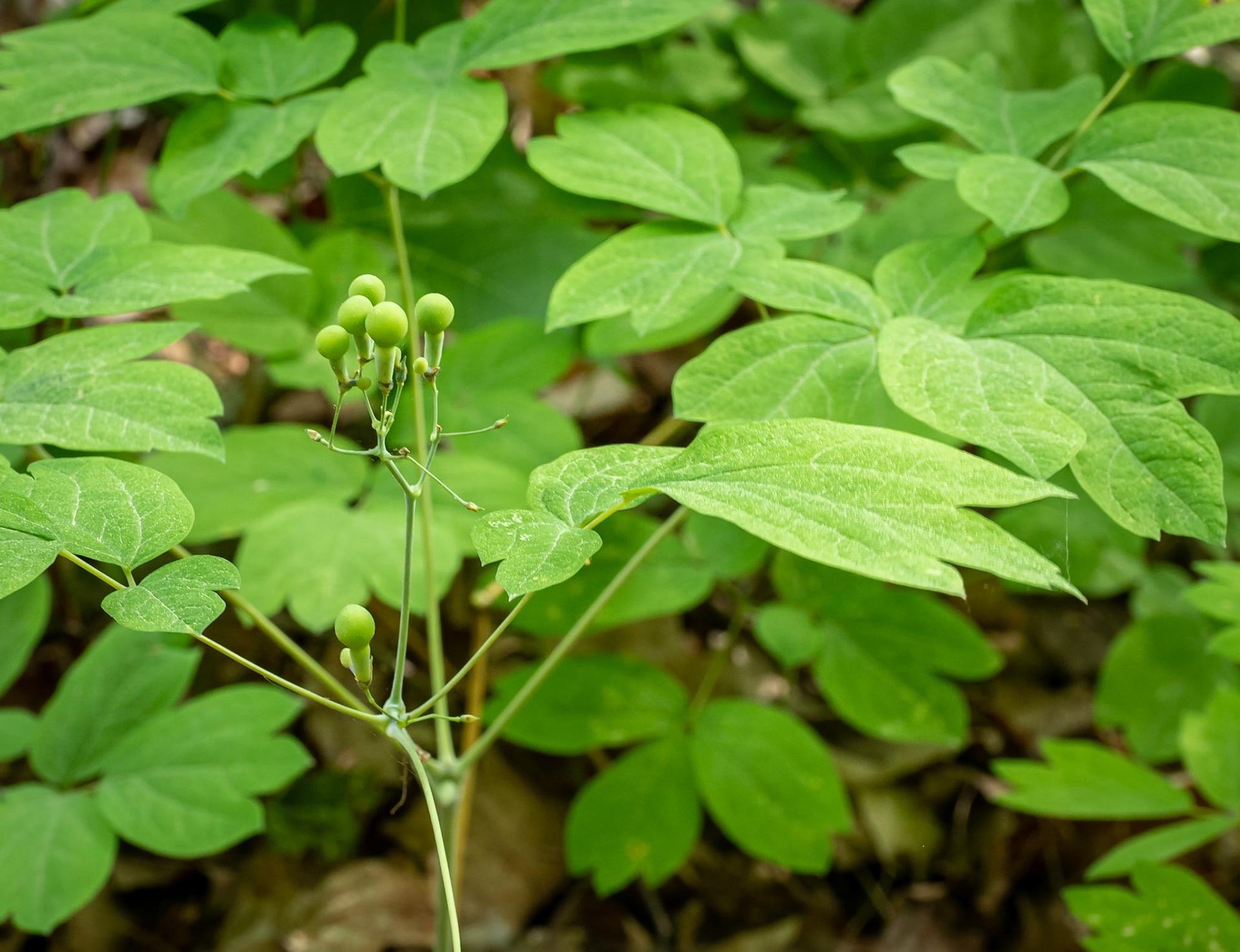
But some plants were still struggling to break free of leaf litter that had a hold on it
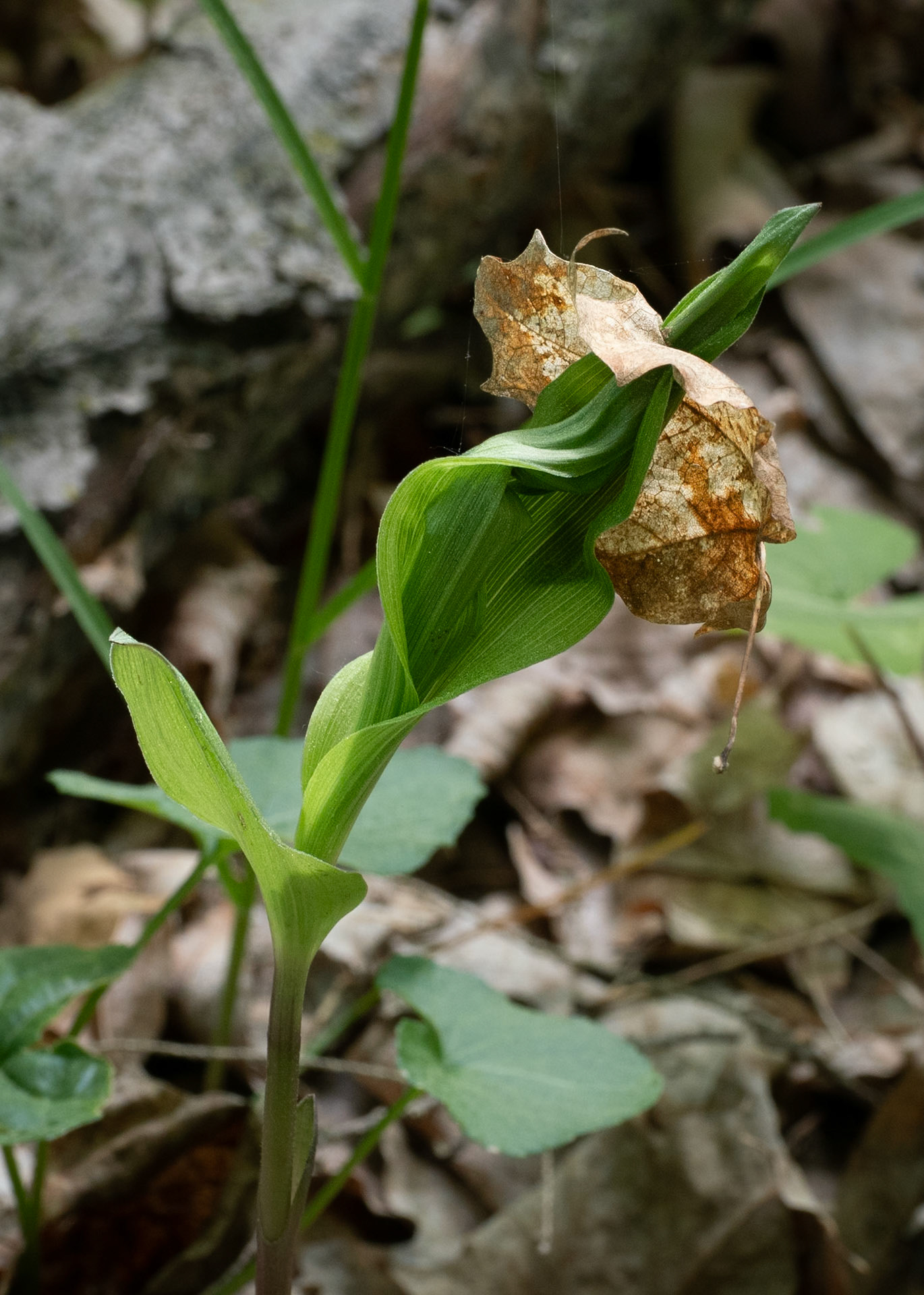
With the trees in full leaf the birds were well hidden, but they could be clearly heard. These are the birds that the Merlin App detected. (The ones in yellow were the ones singing as I took a screen grab of the app)
At one spot on the trail I heard at least three woodpeckers working on trees. The tapping was quite quiet so I suspect they were downy woodpeckers.
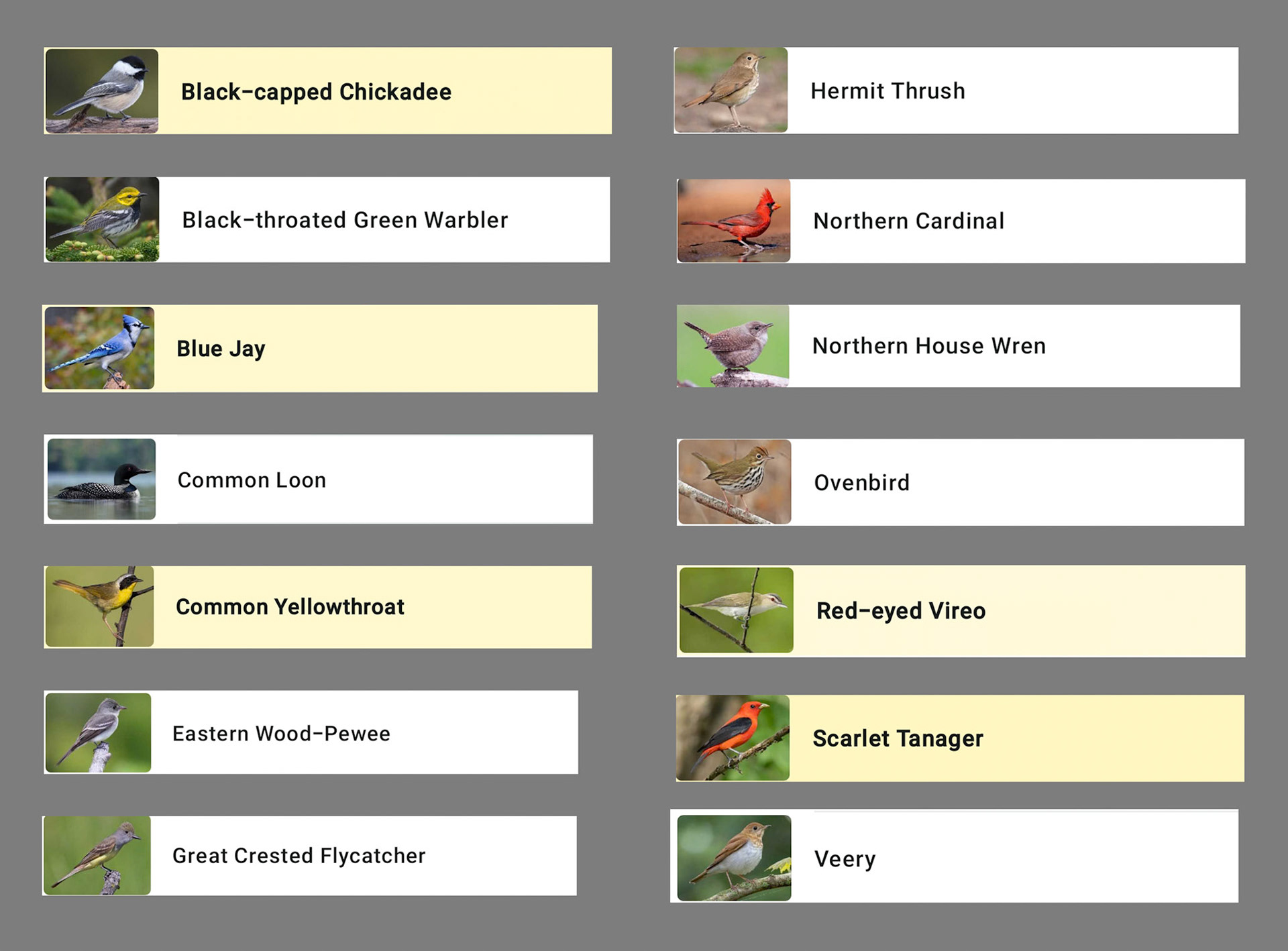
A pale beauty moth and a grayish fan-foot moth
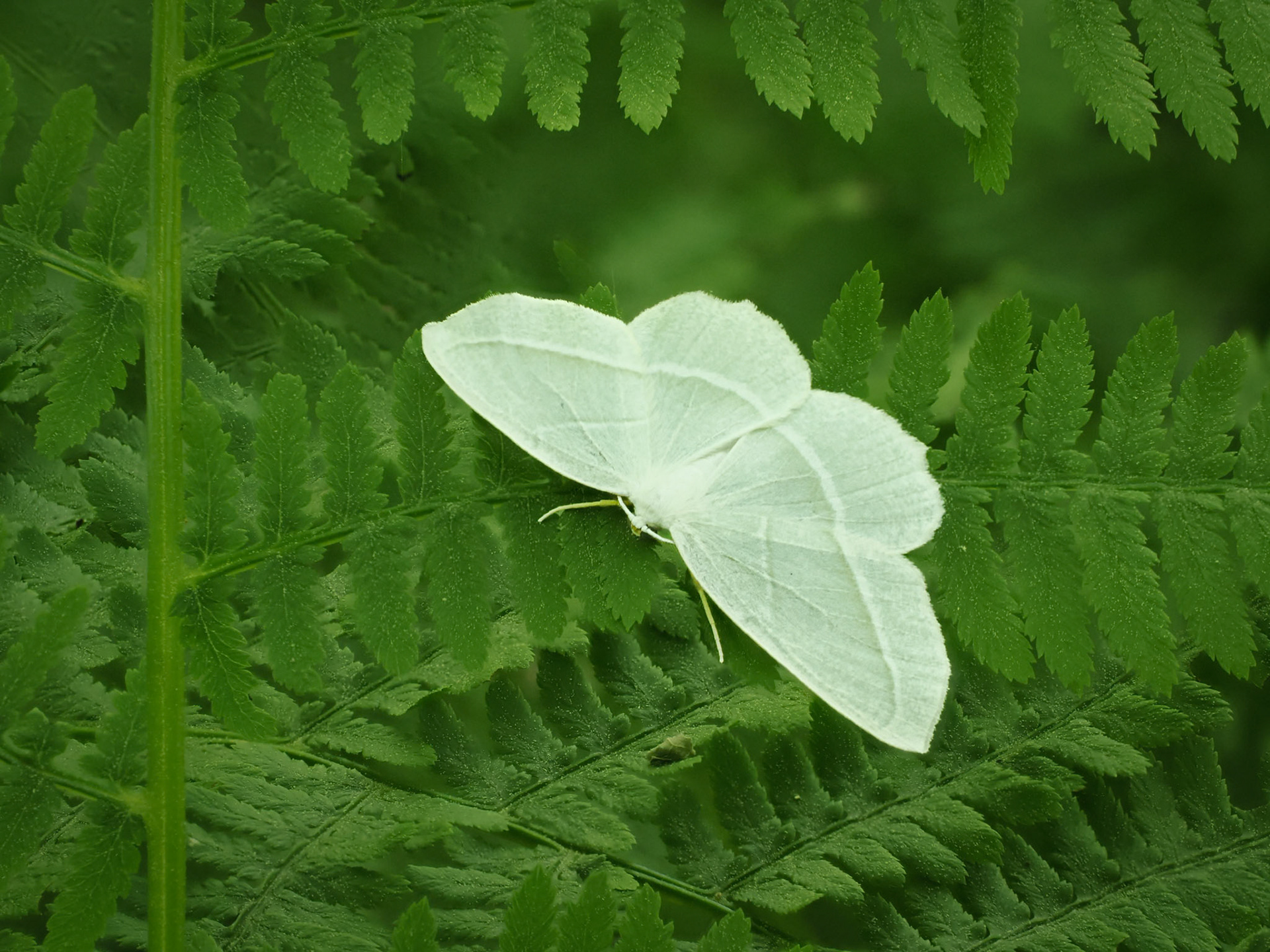
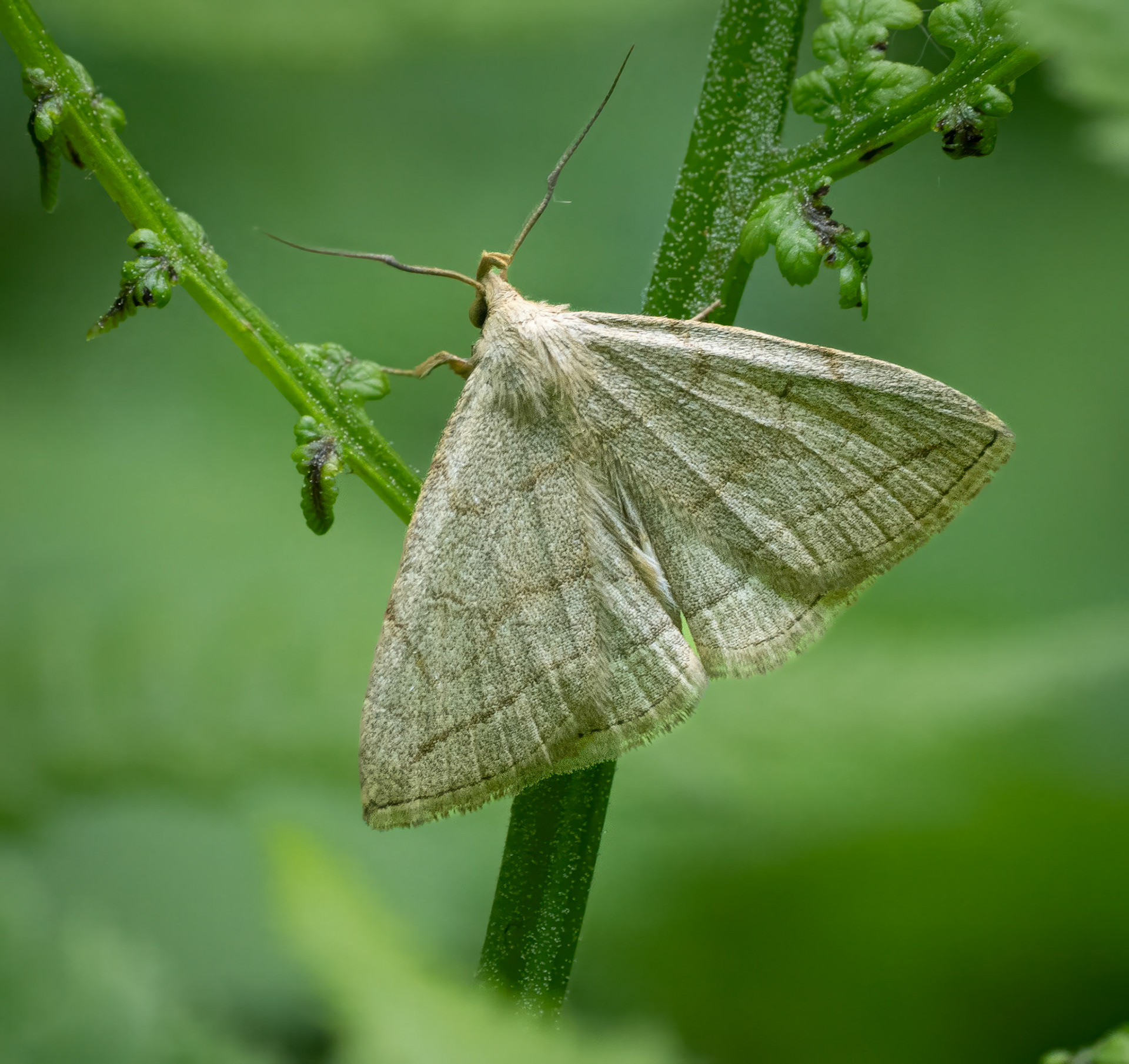
In the words of my nephew, a biology prof:
Spittlebug nymph! Probably the common European species Philaneus spumarius. If you gently part the spittle with your finger, you should see a squat little buff-coloured critter inside, with his mouthparts stuck into the plant feeding on sap. The froth is defensive, so they say, and probably also protects against dehydration.
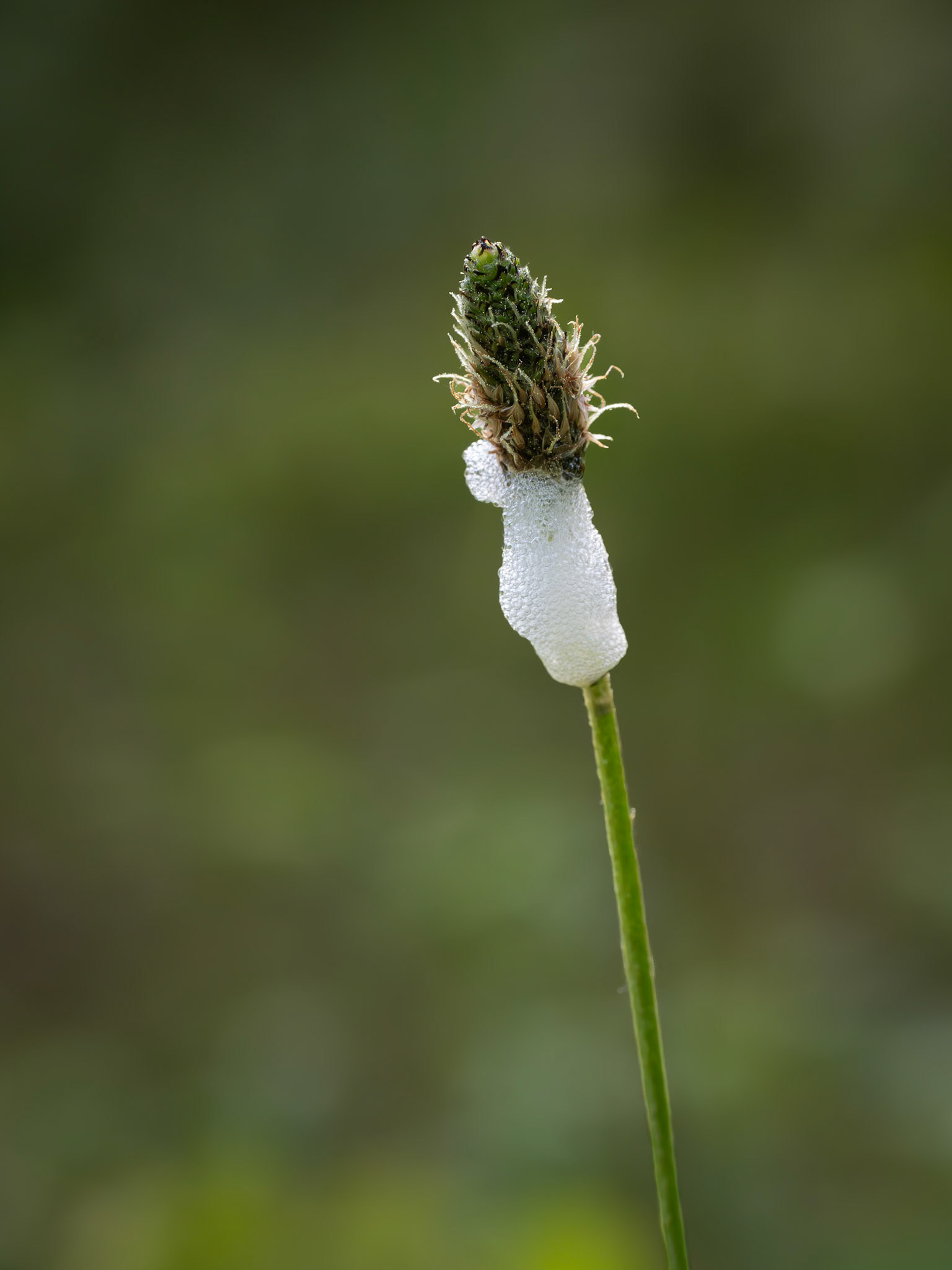
Some nice views walking through the woods
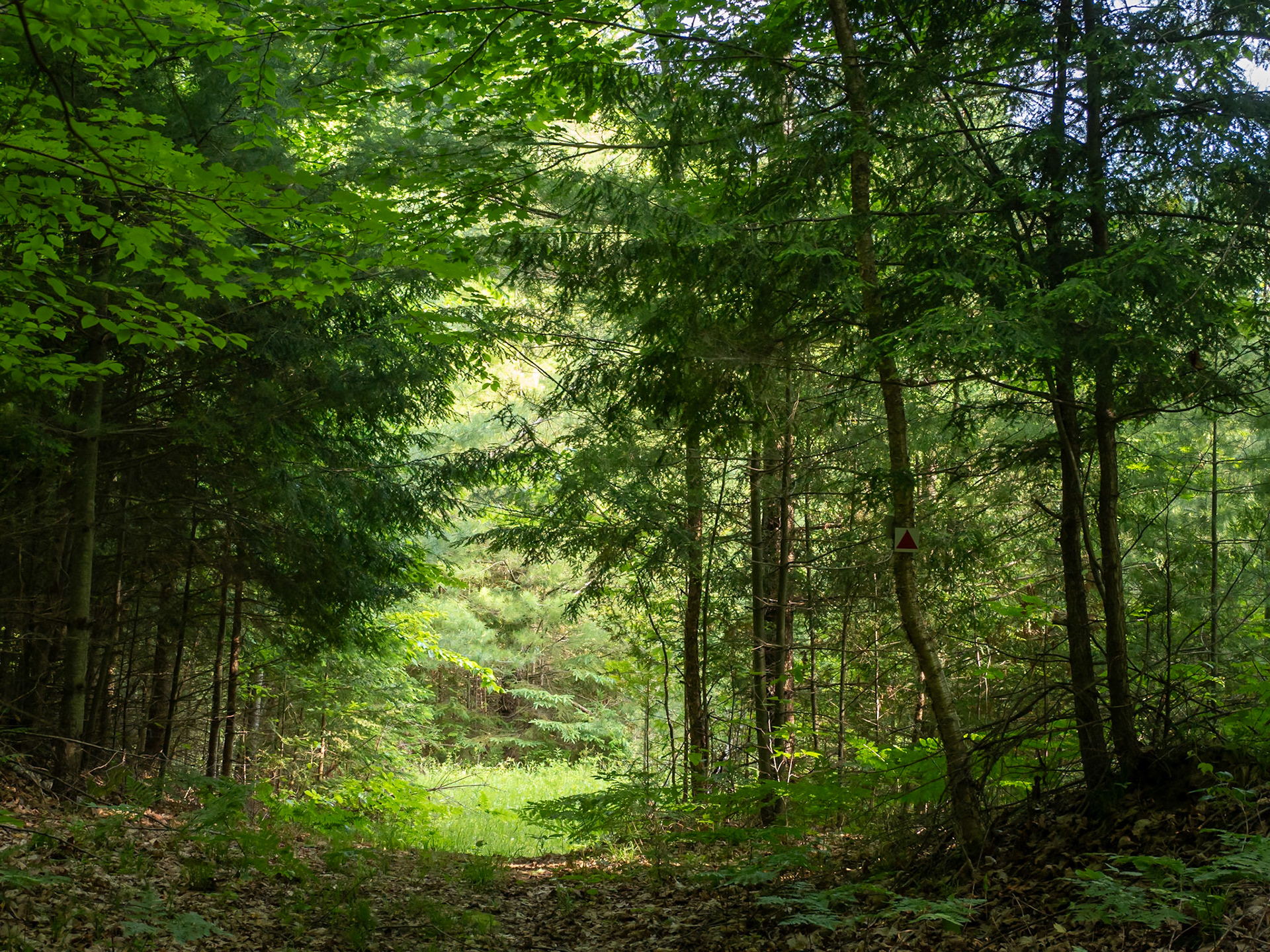
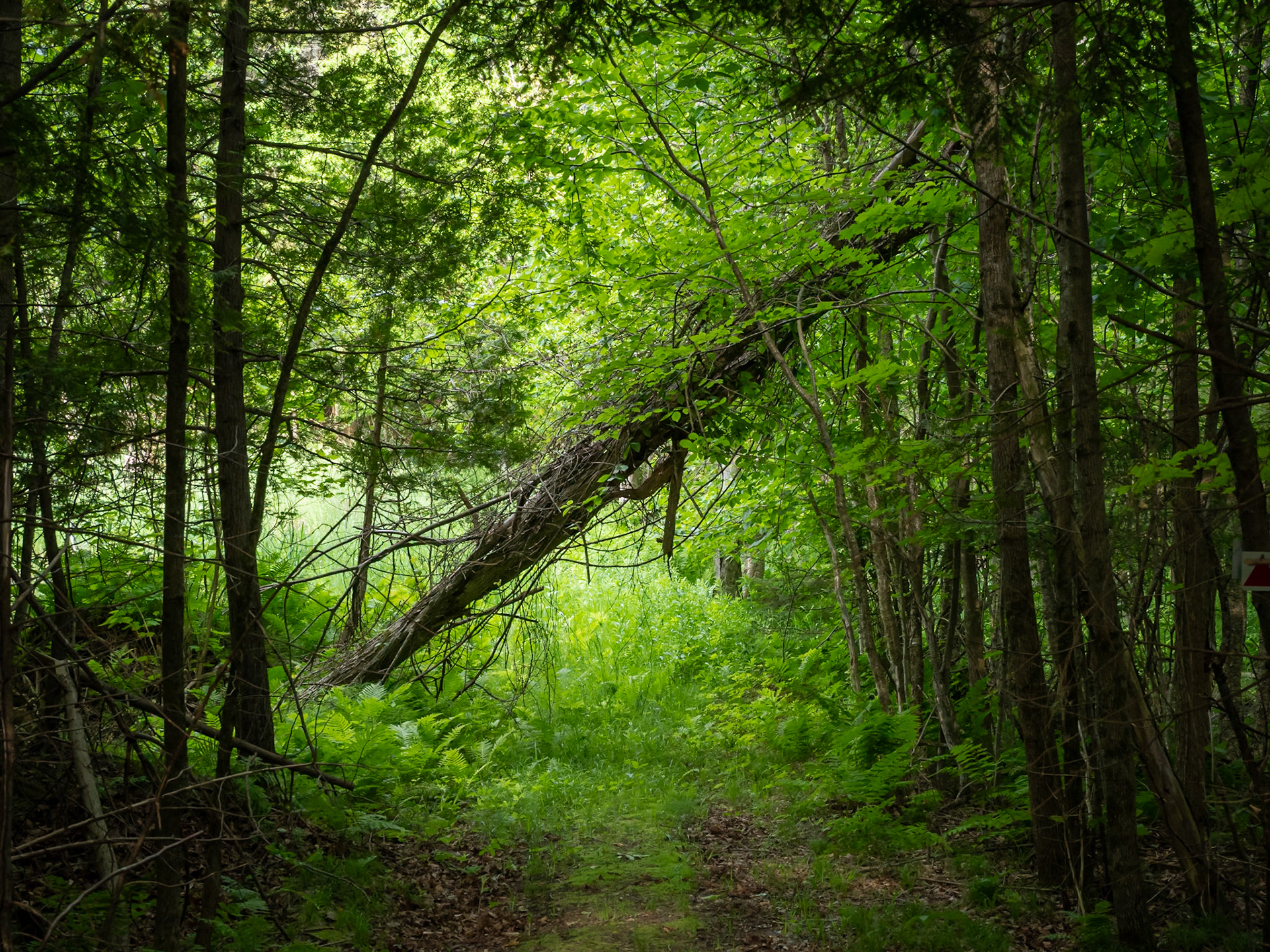
The grass was 4-5 feet tall in some areas, I was glad the deer had broken the trail😊 (deer tracks last photo)
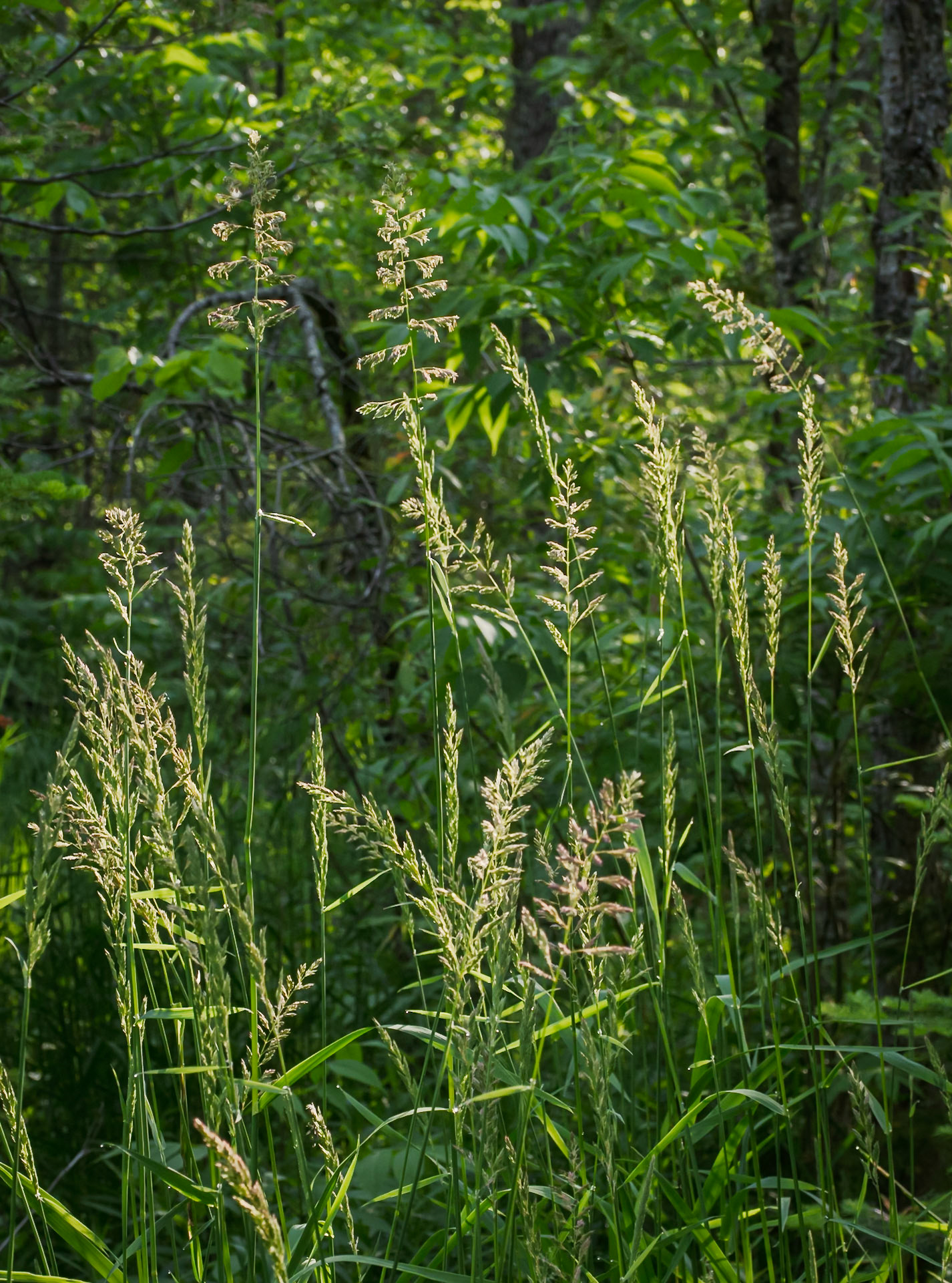
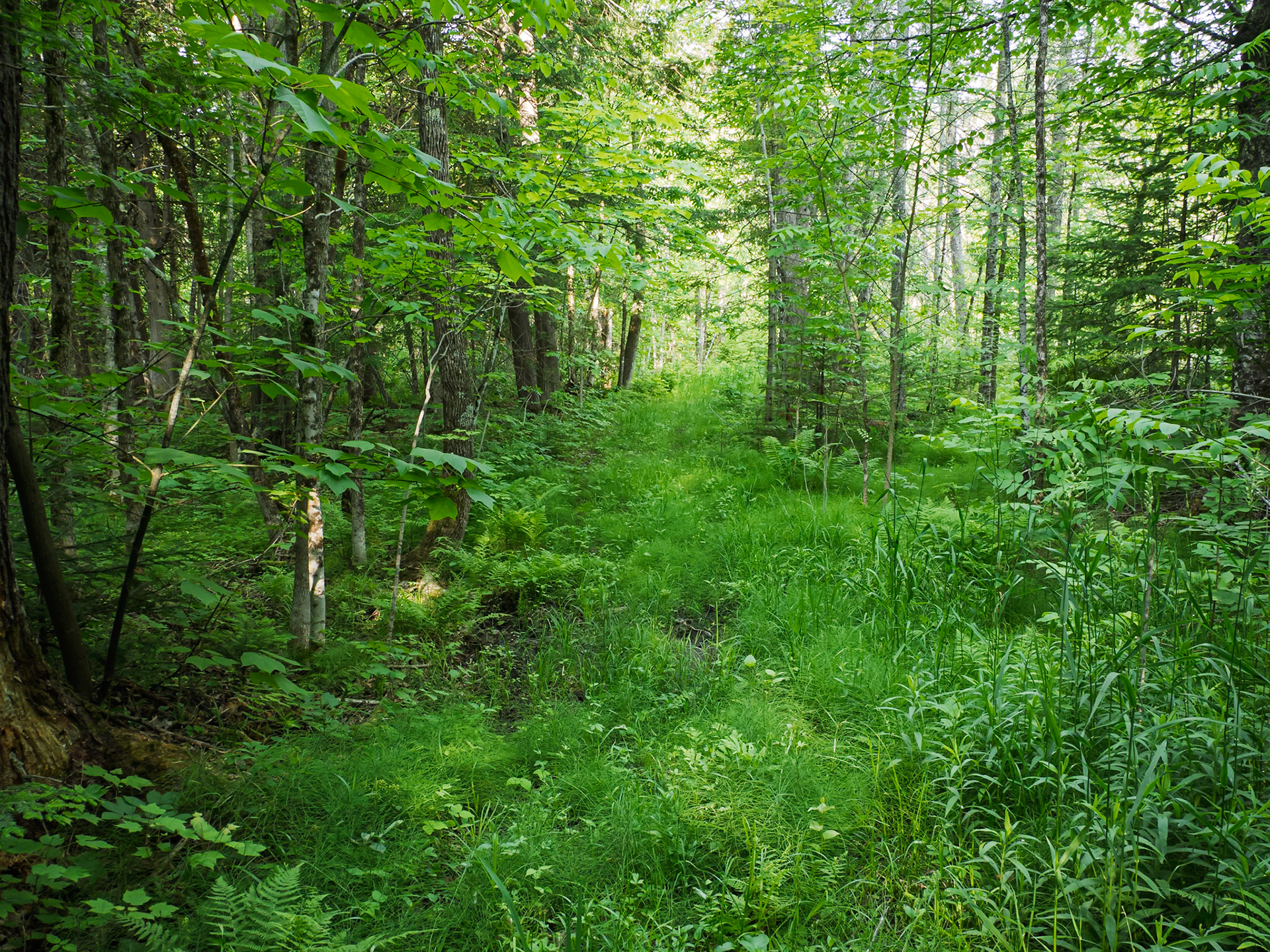
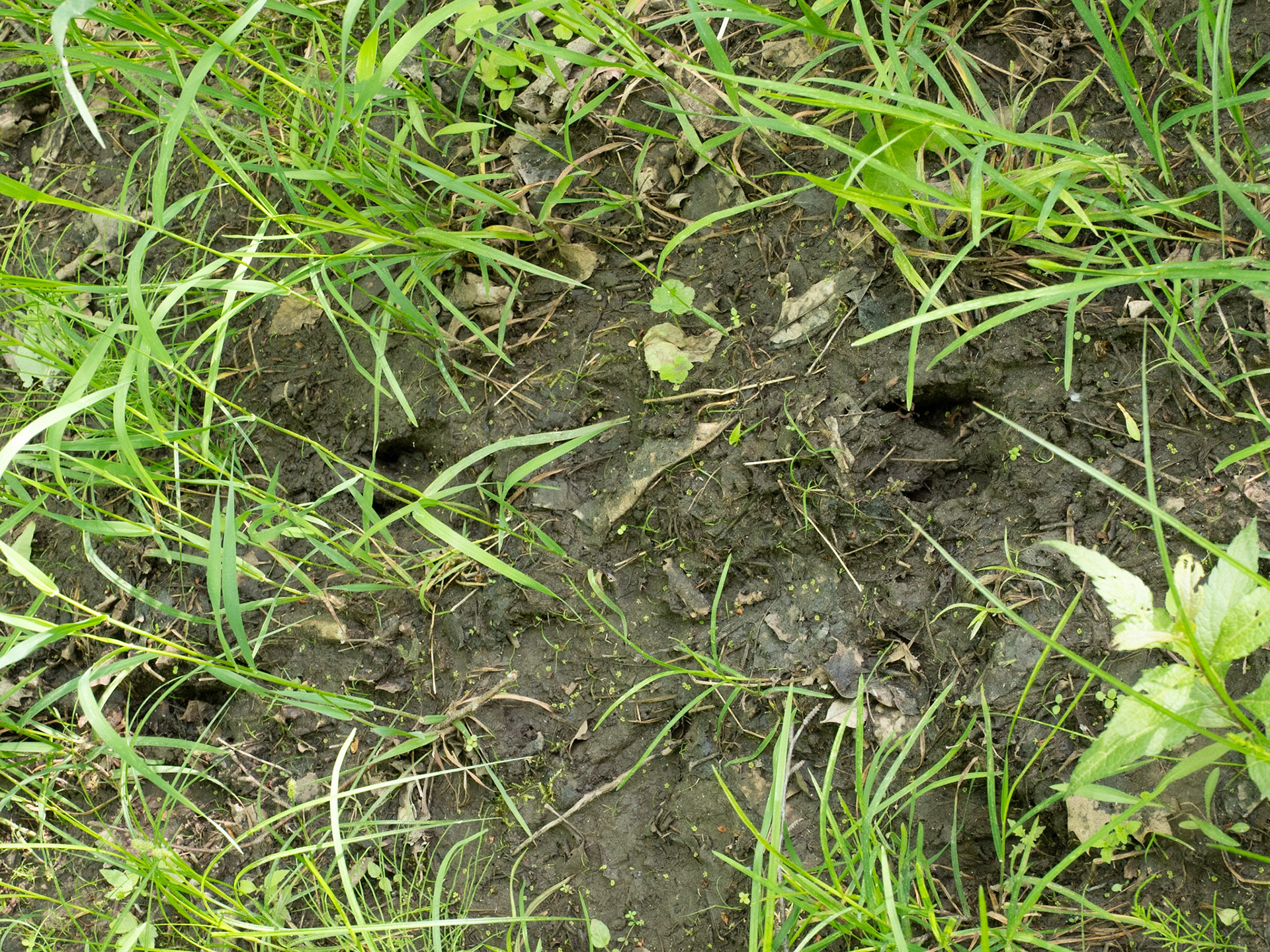
I've been walking these woods for 25 years and never seen a deer even though I constantly see their tracks and winter bedding areas. I am assuming it was deer that disturbed the leaf litter looking for food.
(Although it might have been a wild turkey or something else)
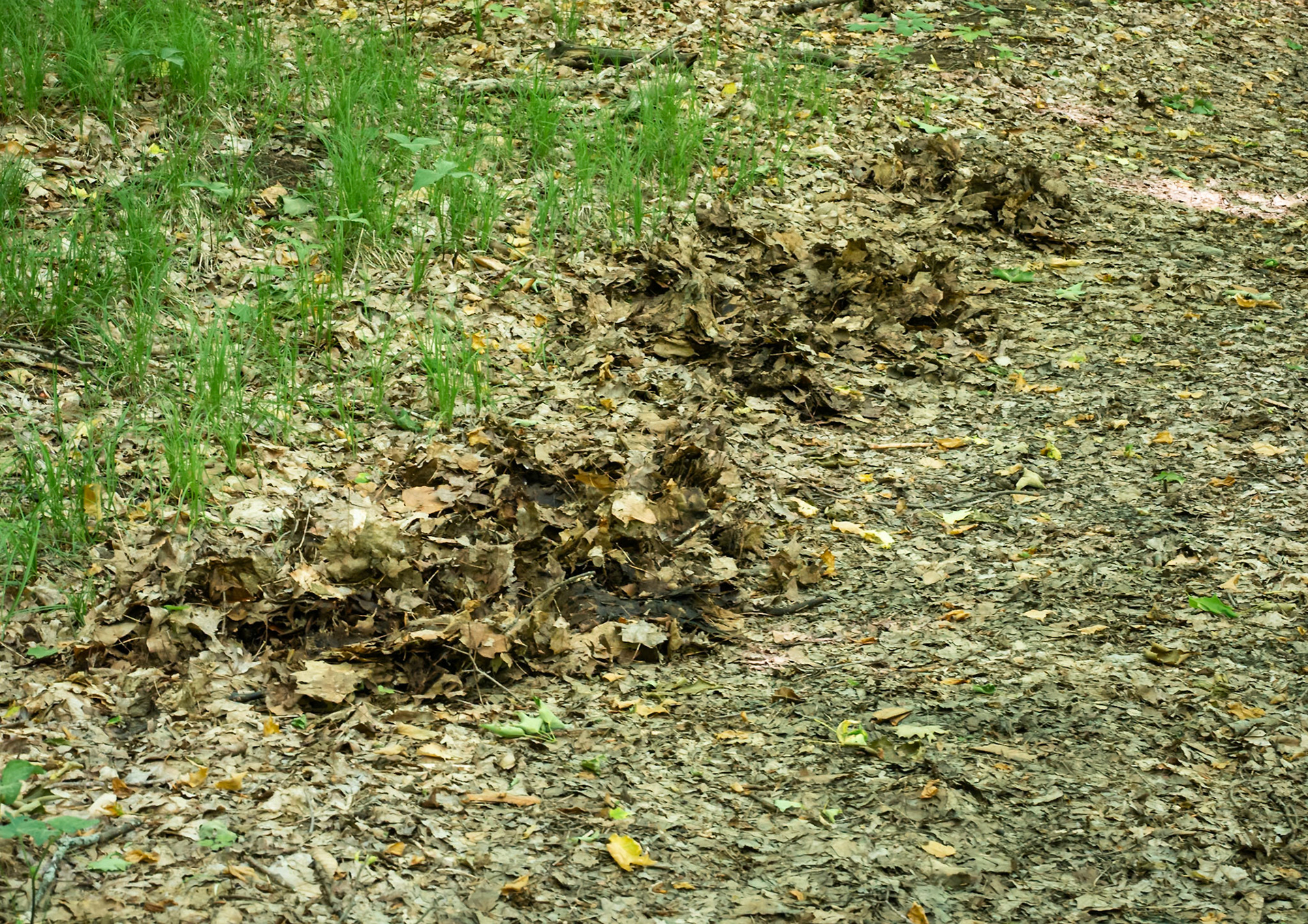
Milkweed plants, in bud, were showing amongst the ferns
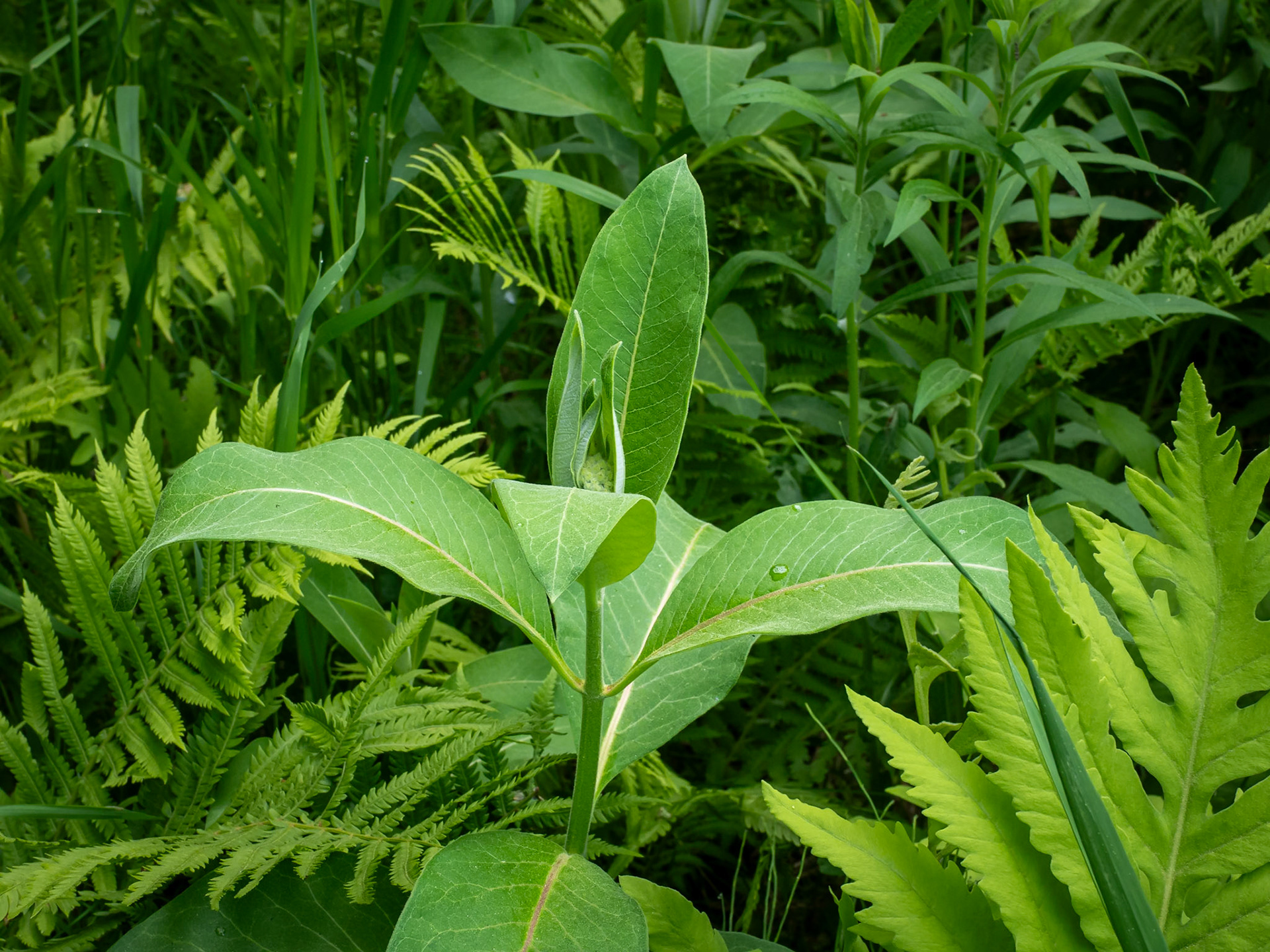
I have this thing about fungus. An old friend of a tree had been host to bracket fungus for many years. It seems it is coming to an end as the fungus are all in very bad shape and likely will be gone from what is left of the tree in a few months
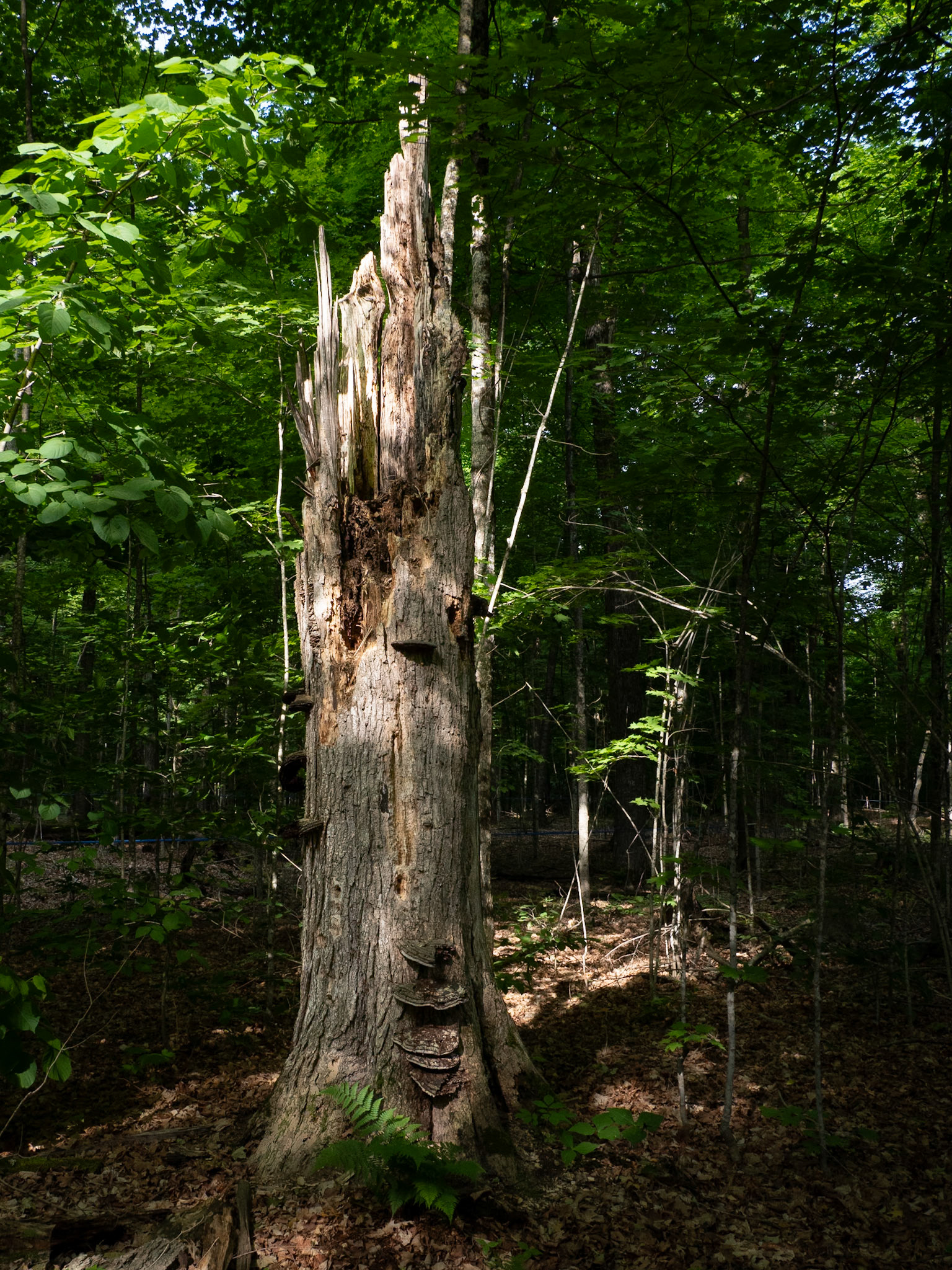
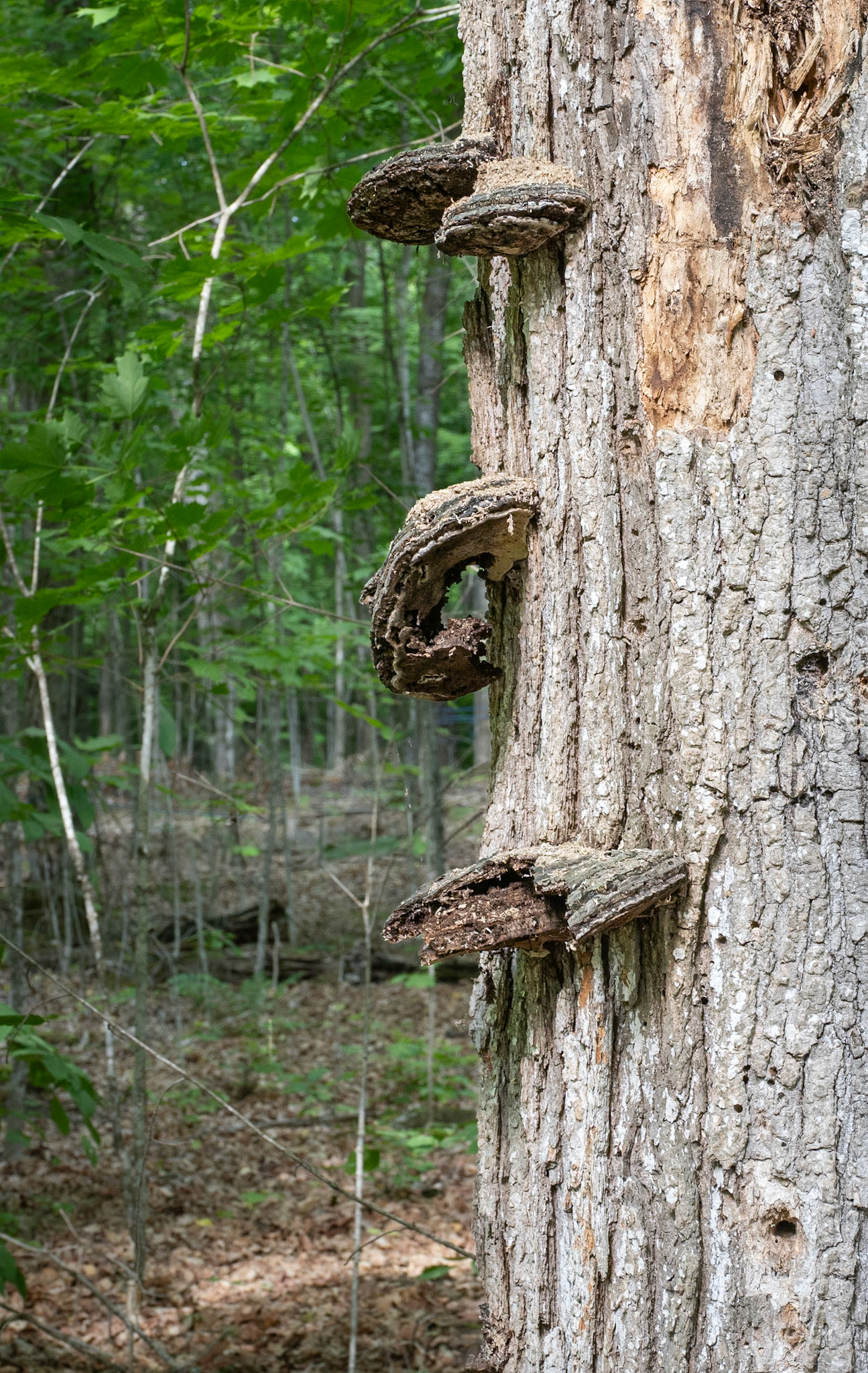
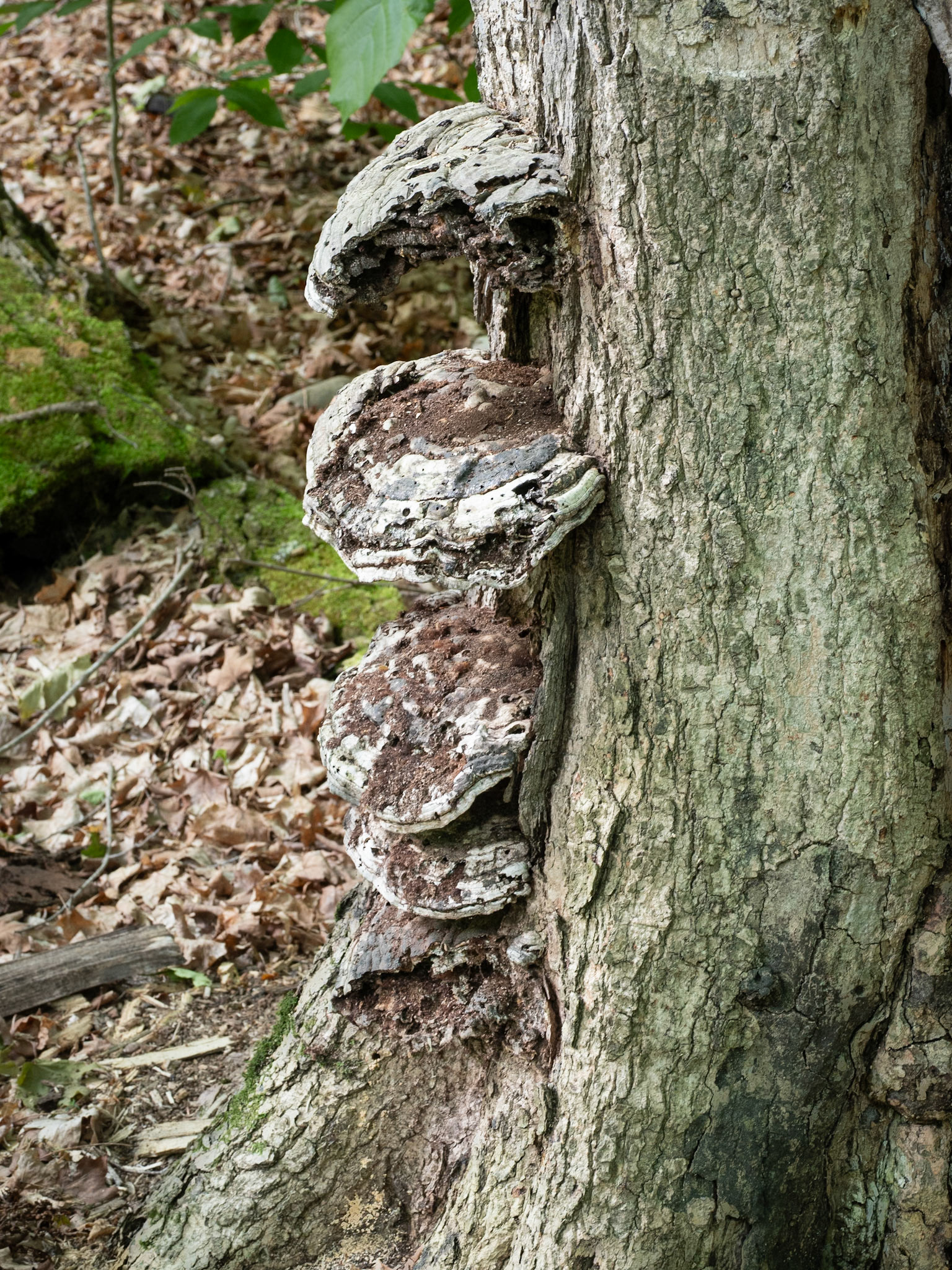
Another tree not far away seems to be trying to step in and take over from my friend. But the fungus on it are dryad's saddle which do not last very long.
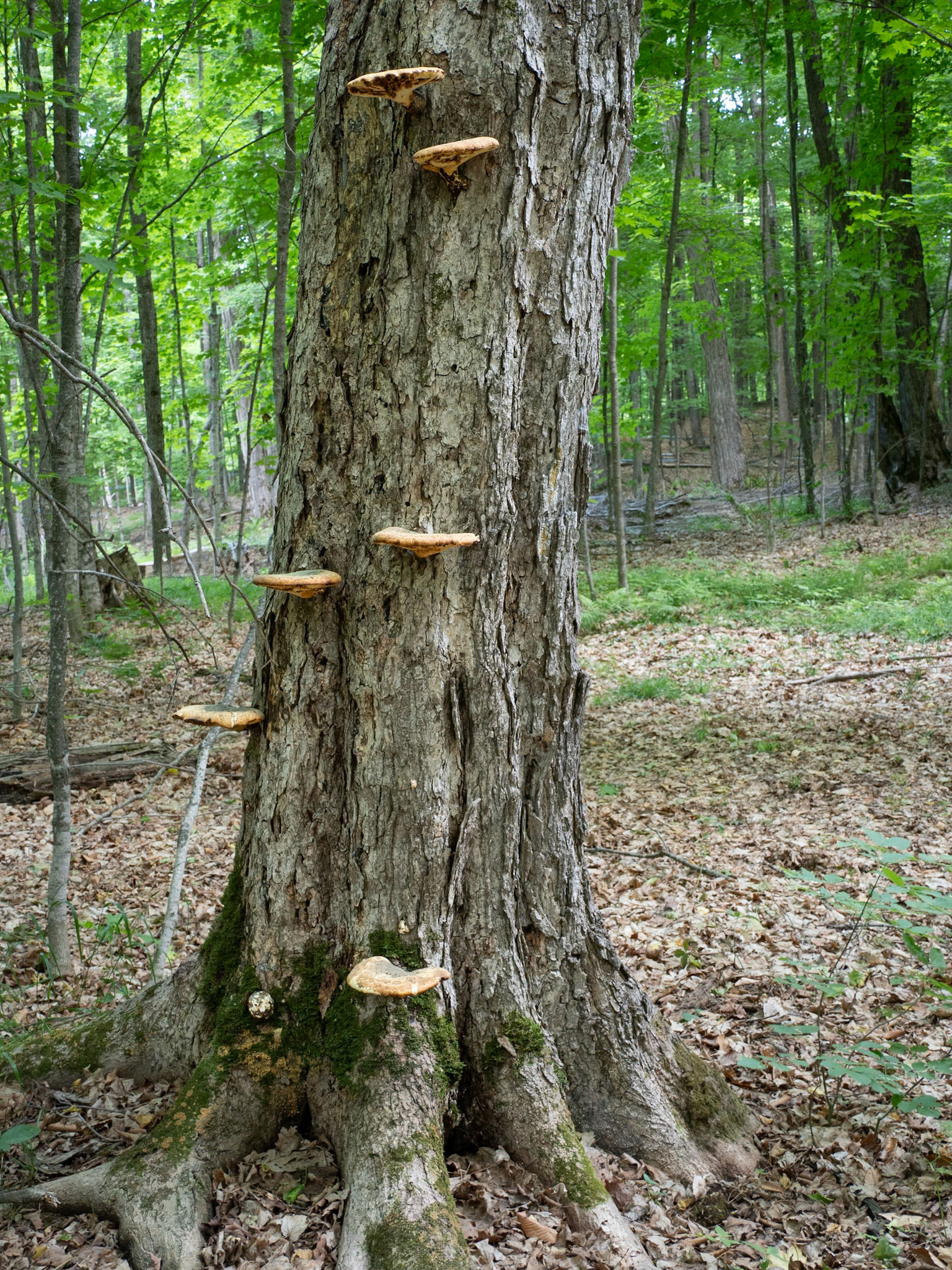
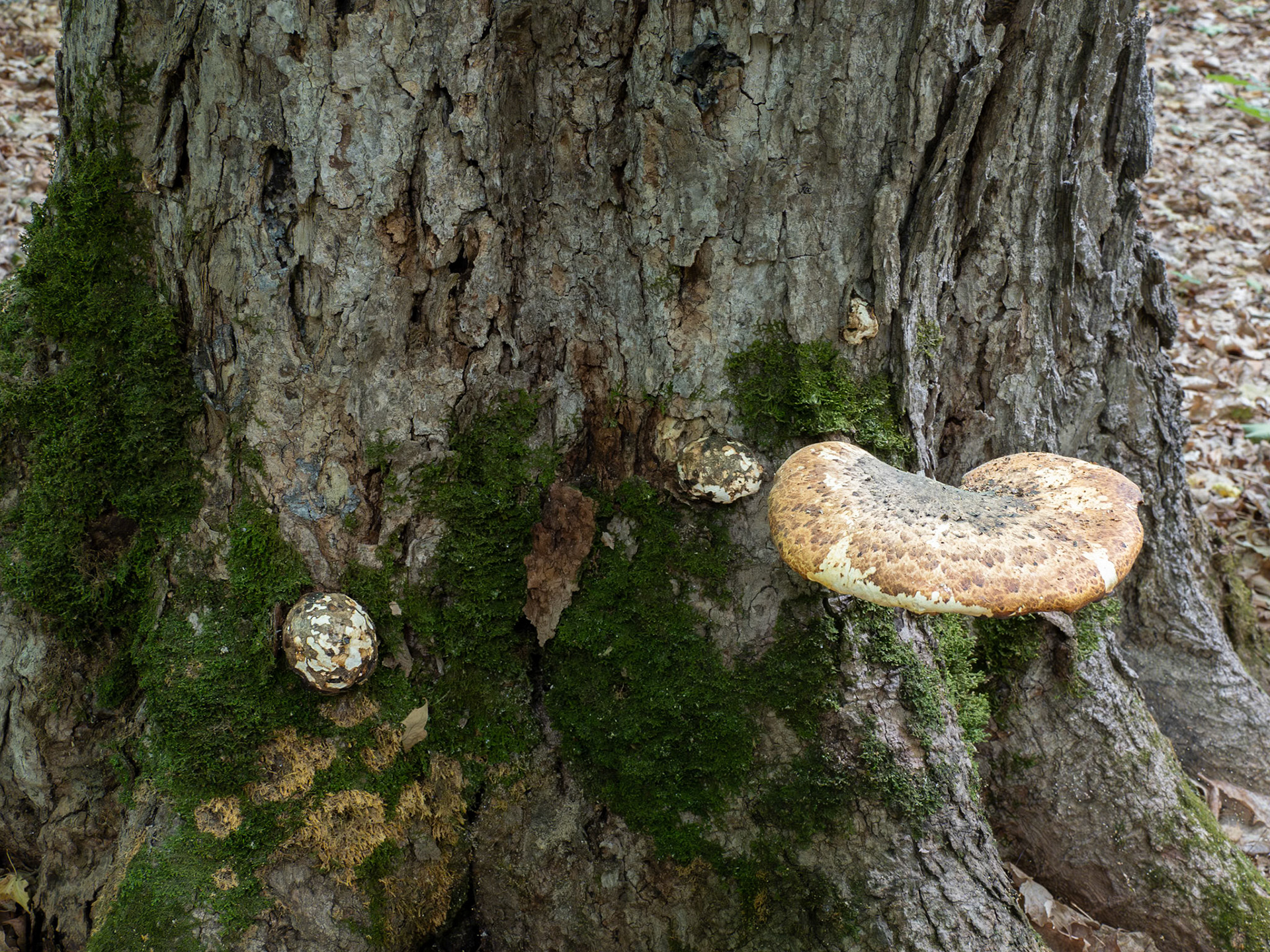
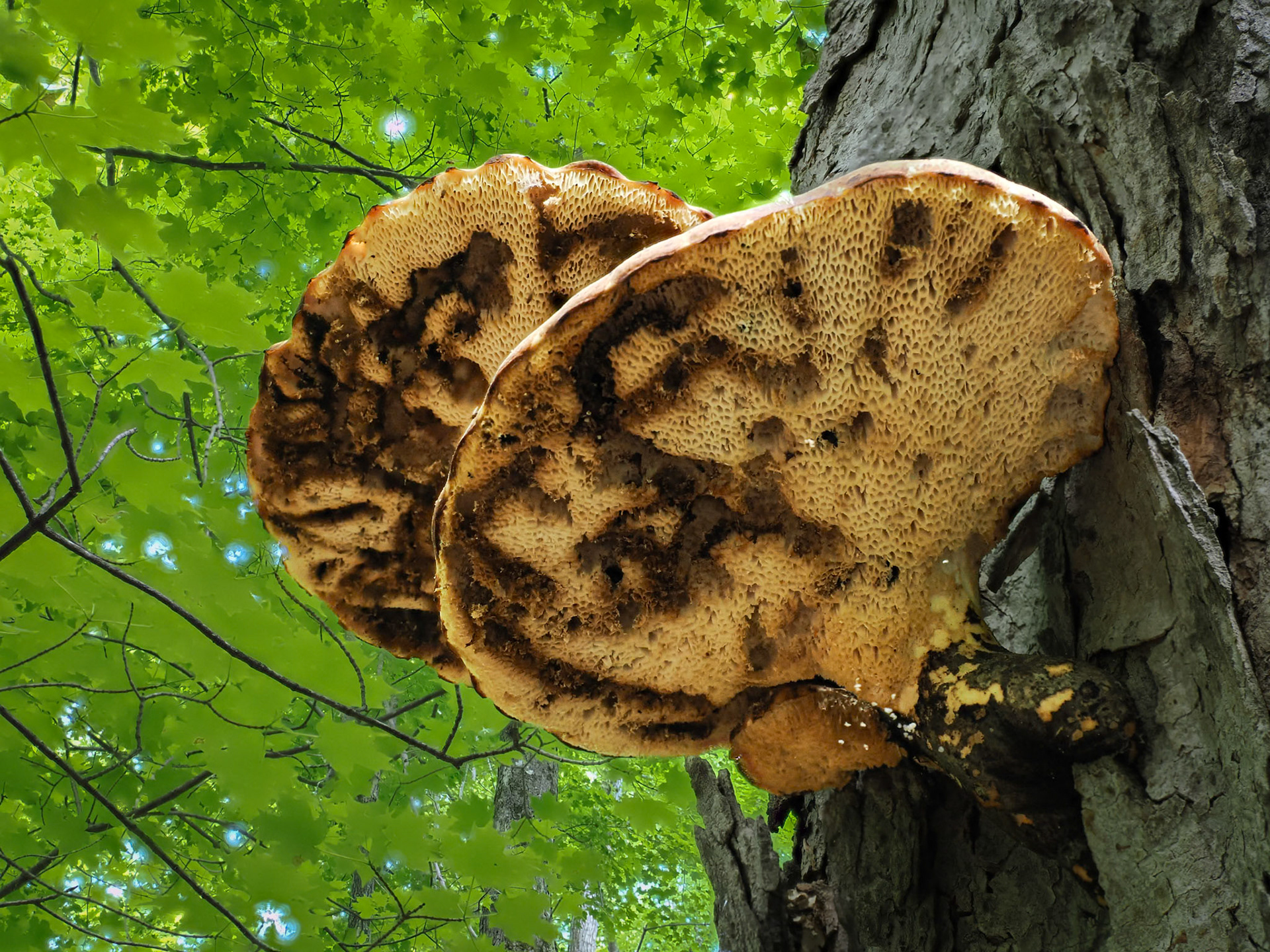
There were a few other new and older fungus about
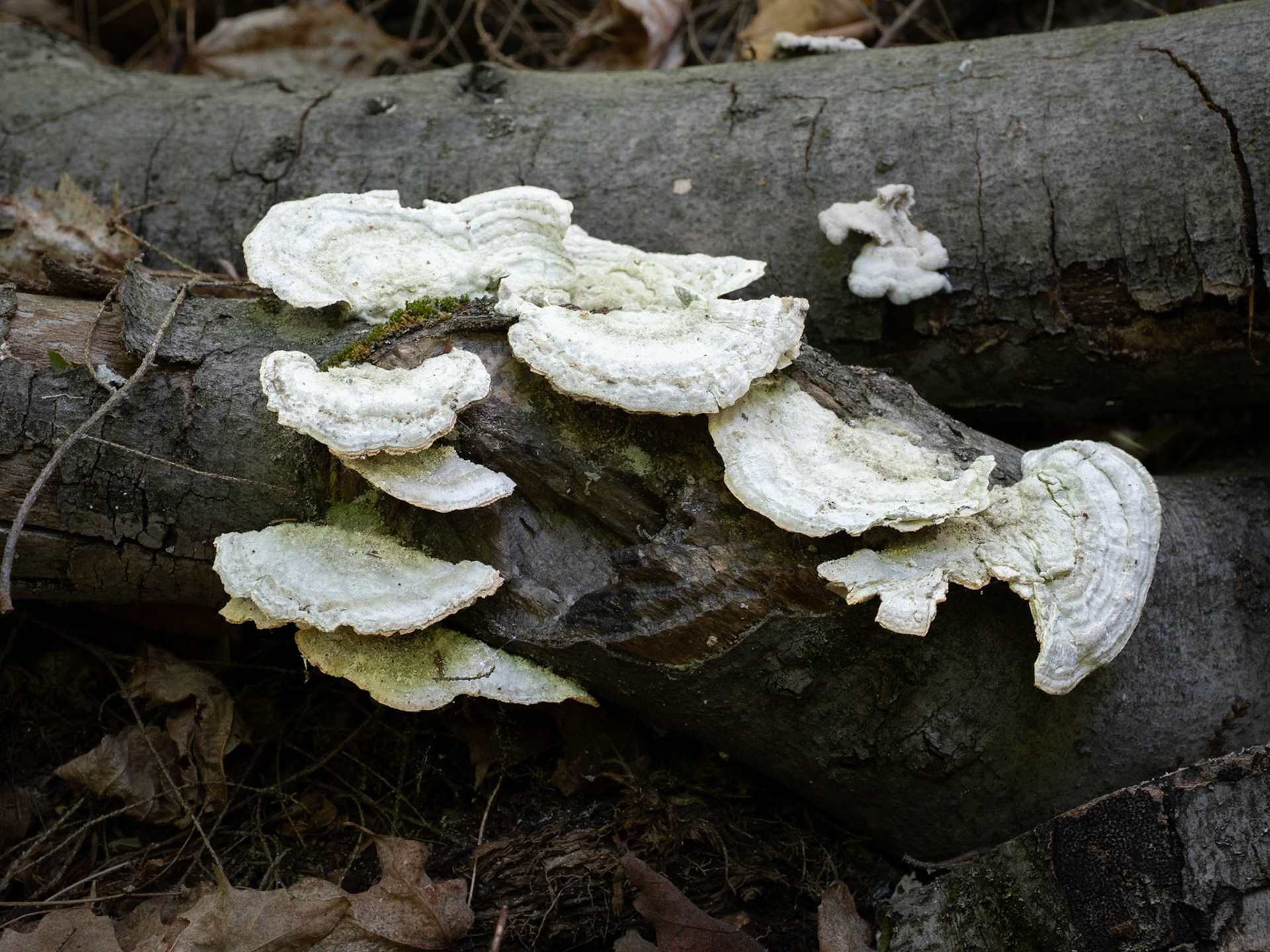
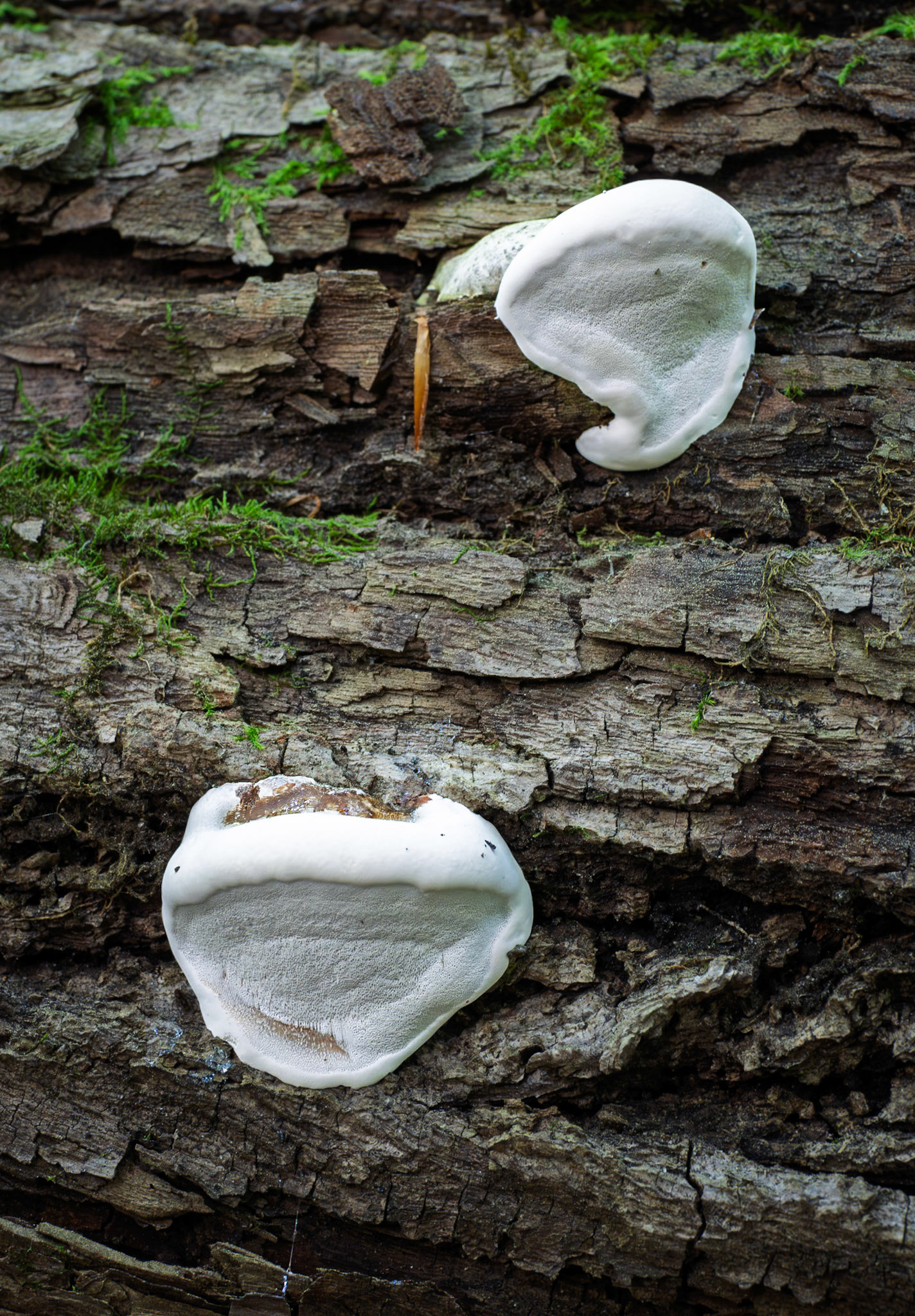
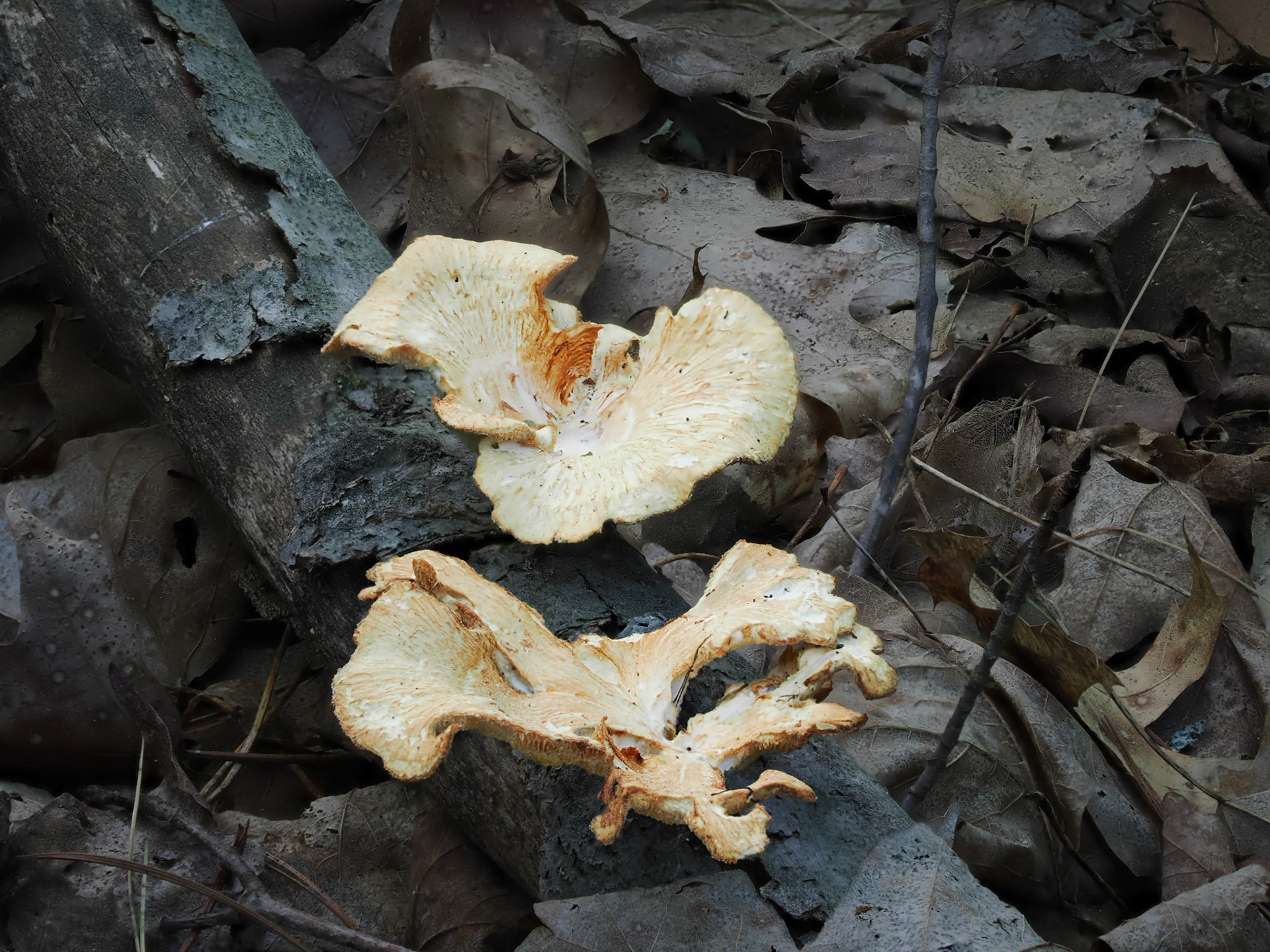
Another tree that used to host deep red shelf-type fungus is continuing to be attacked by woodpeckers and has lost its nice fungus.
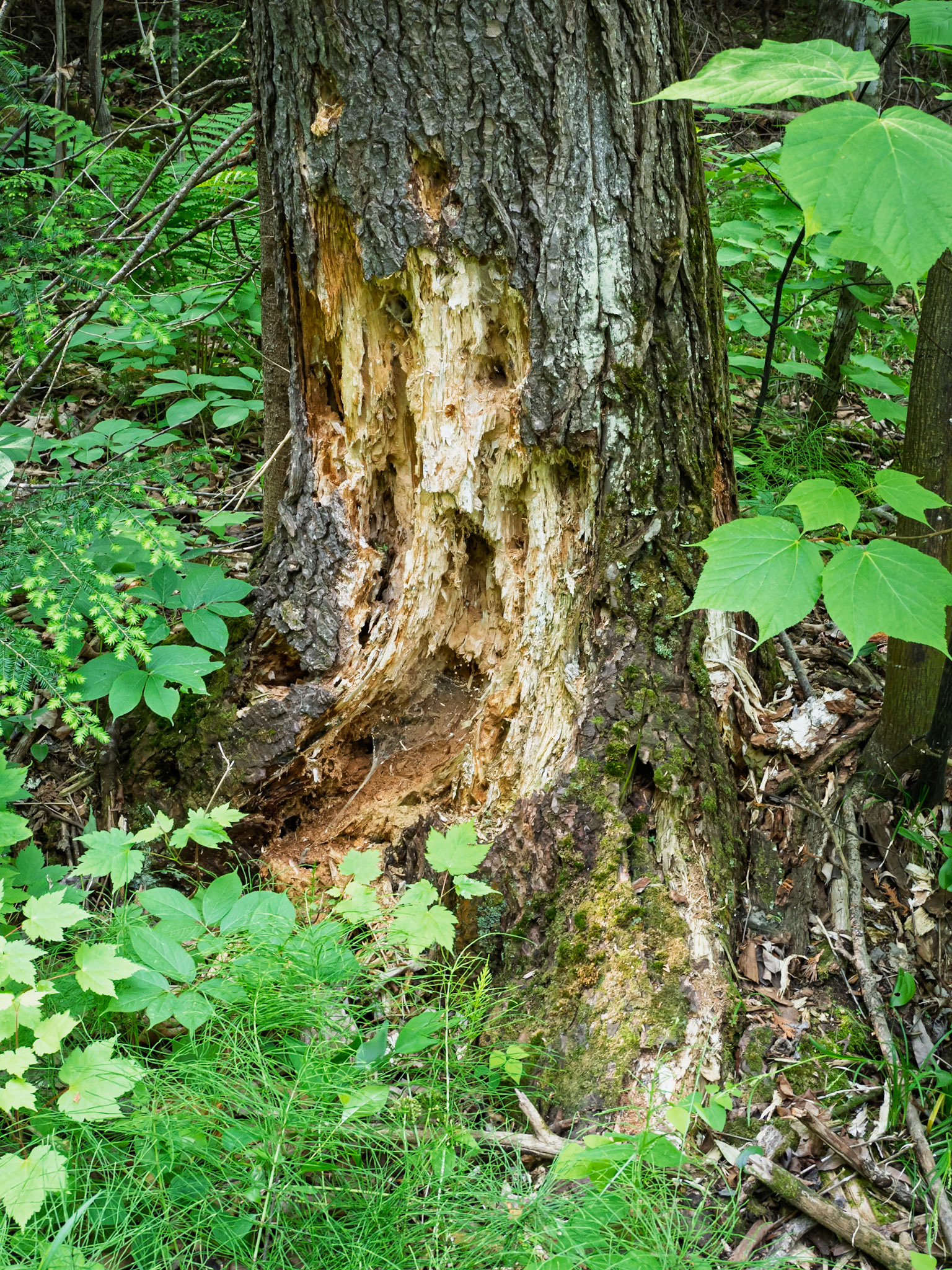
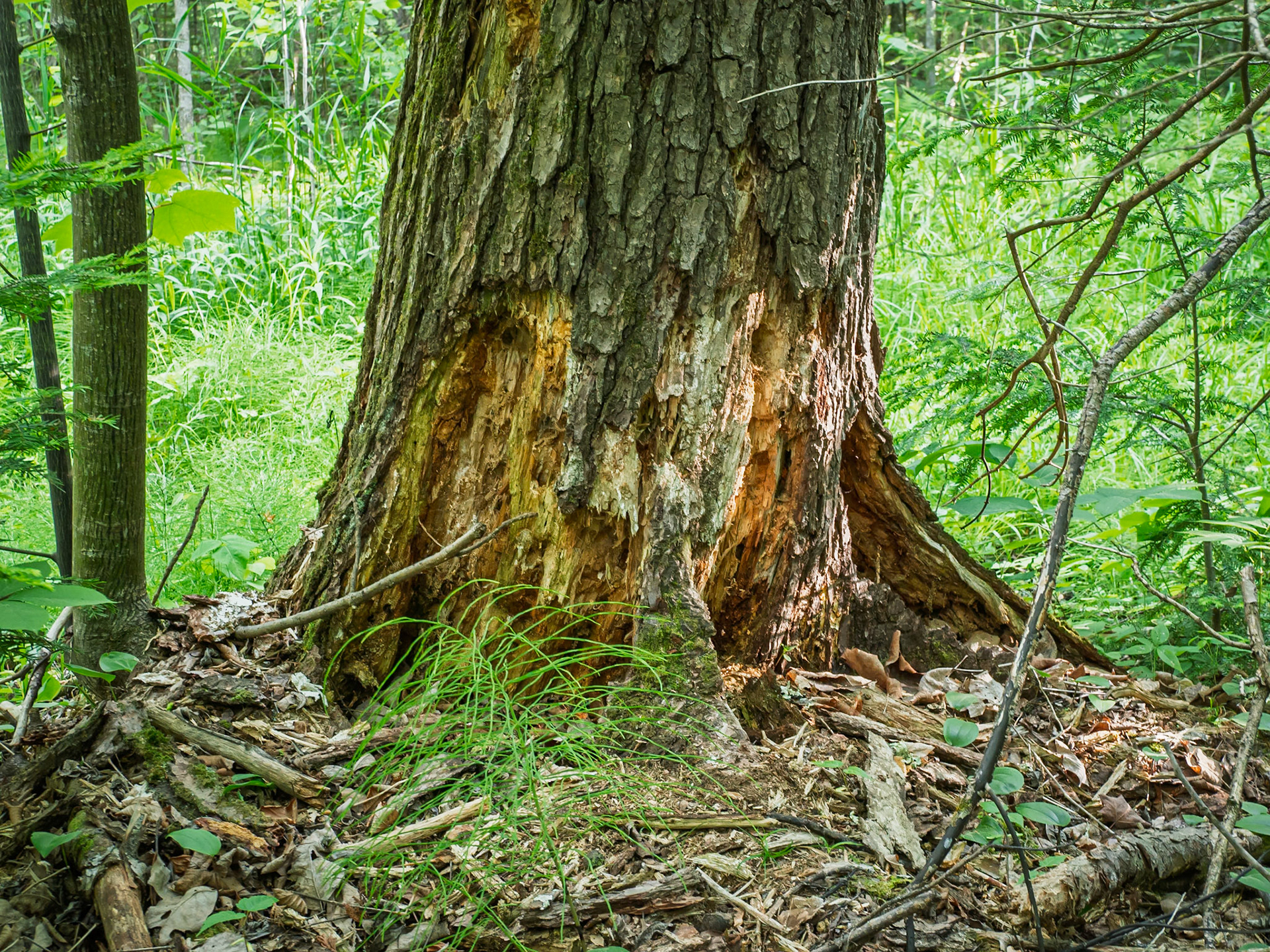
An adjacent beaver pond and a swamp that was a beaver pond many years ago
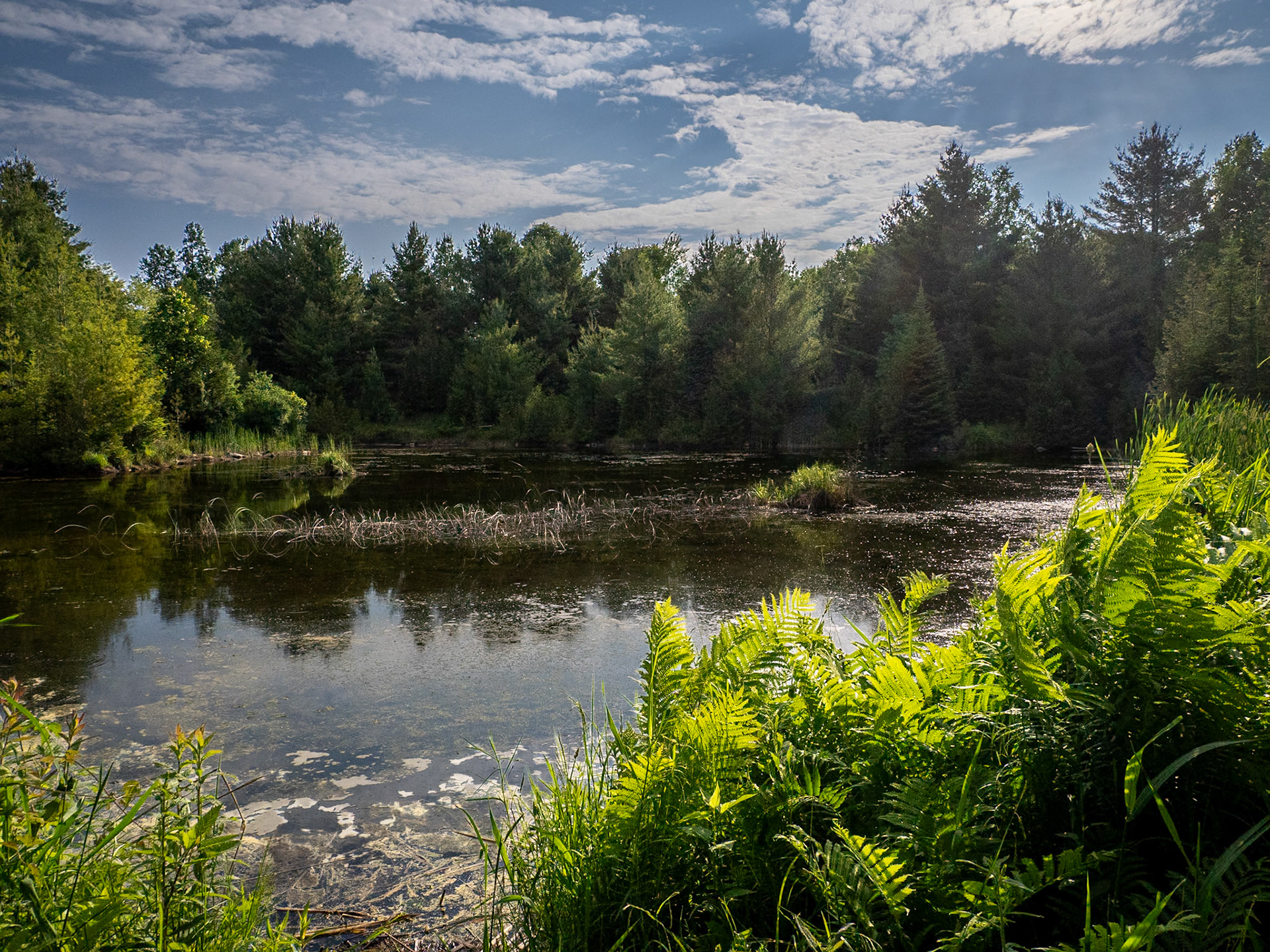
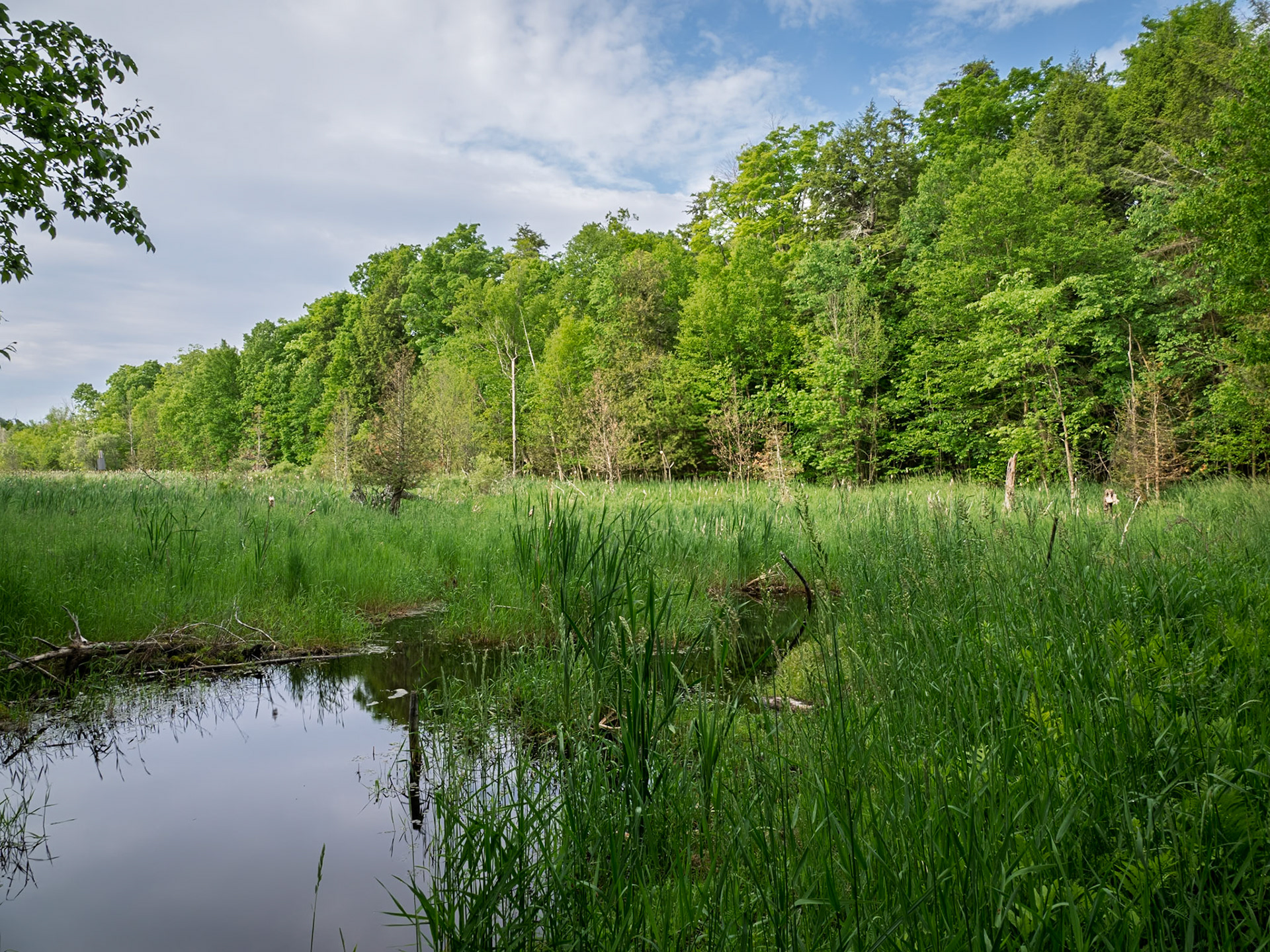
Several types of ferns were growing in the woods including bracken fern. The second photo is a "fern" - there are too many types that look like to be definitive🙄
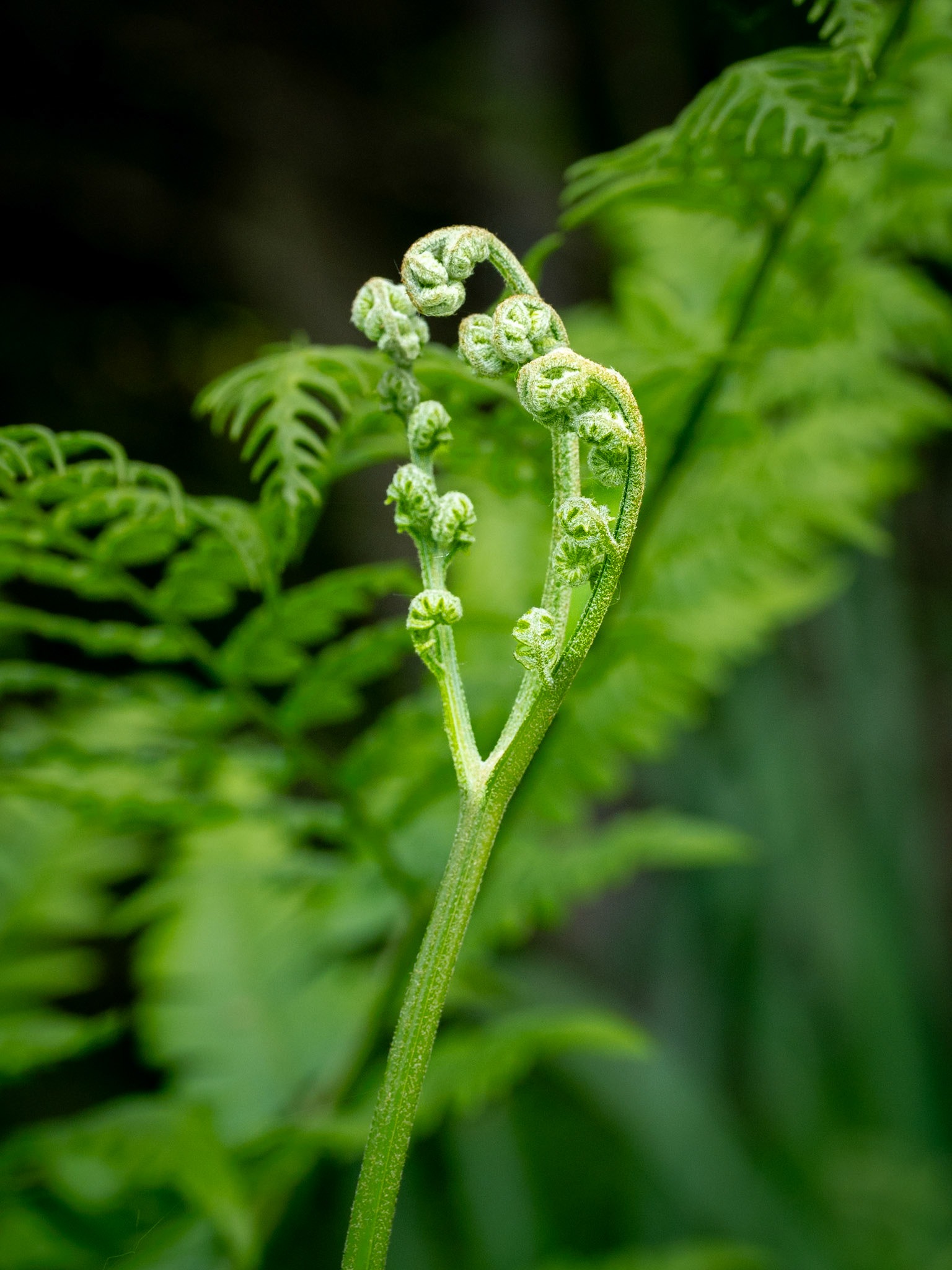
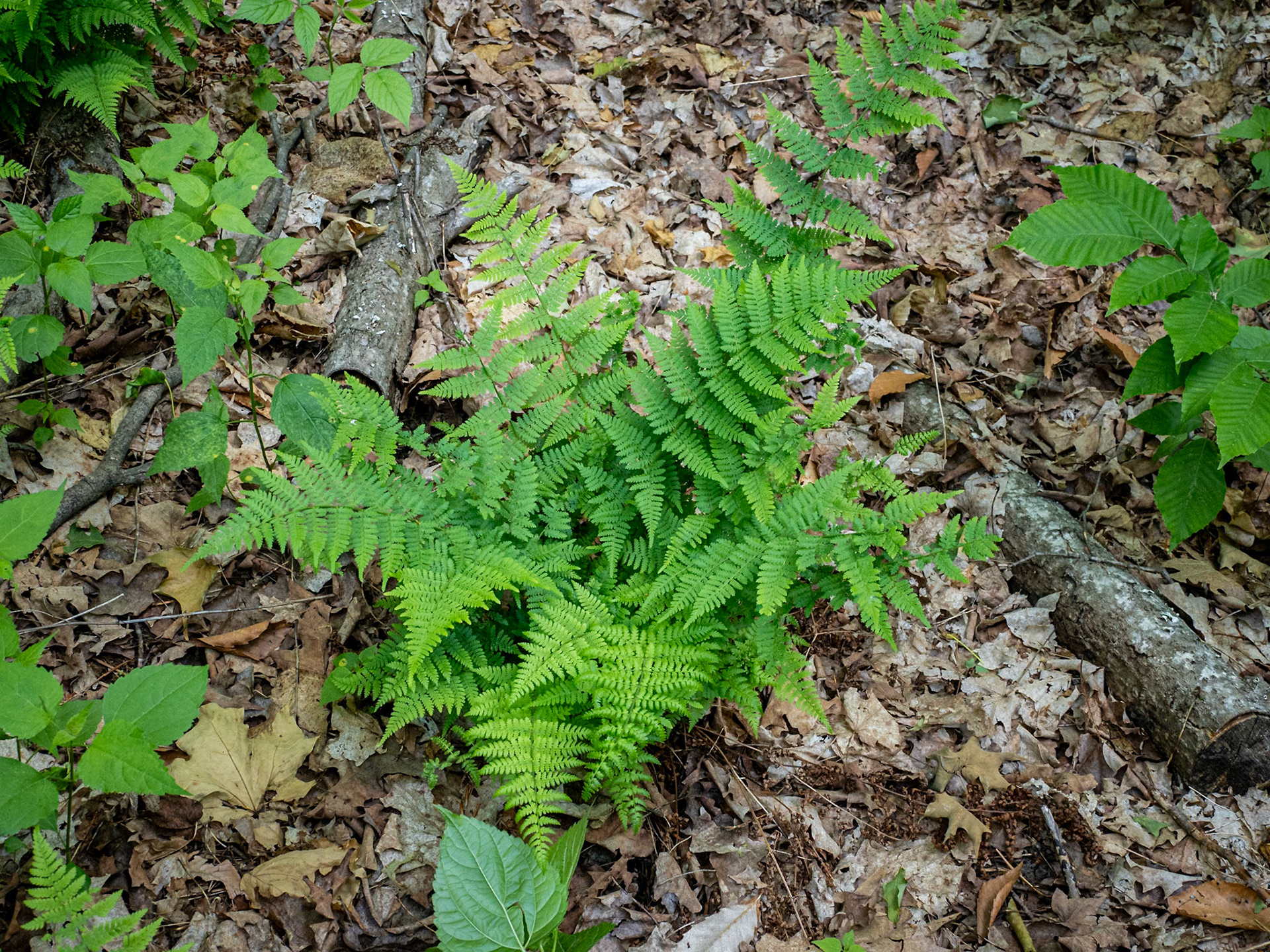
There is a large patch of maidenhair fern that has been growing larger over the years.
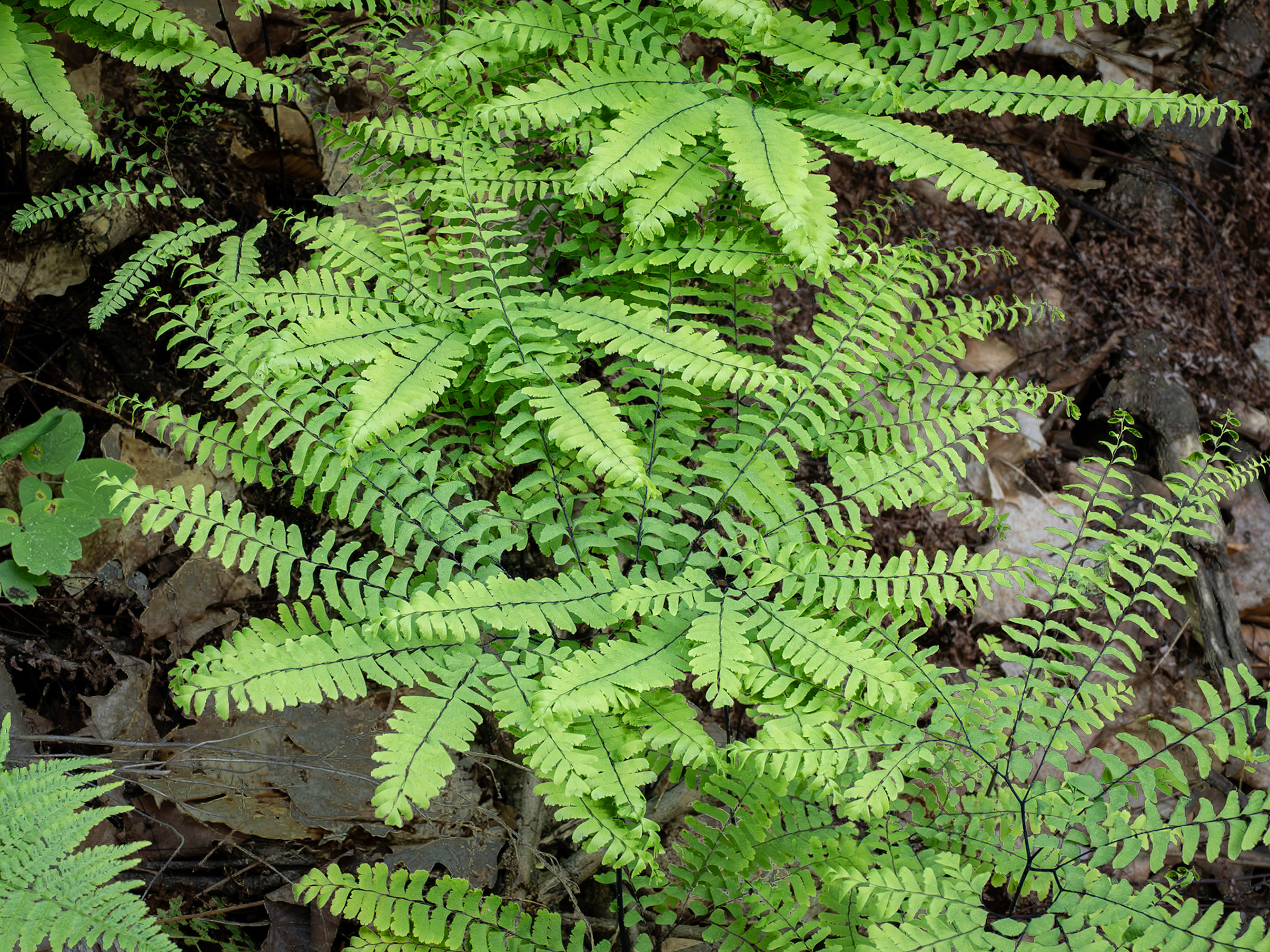
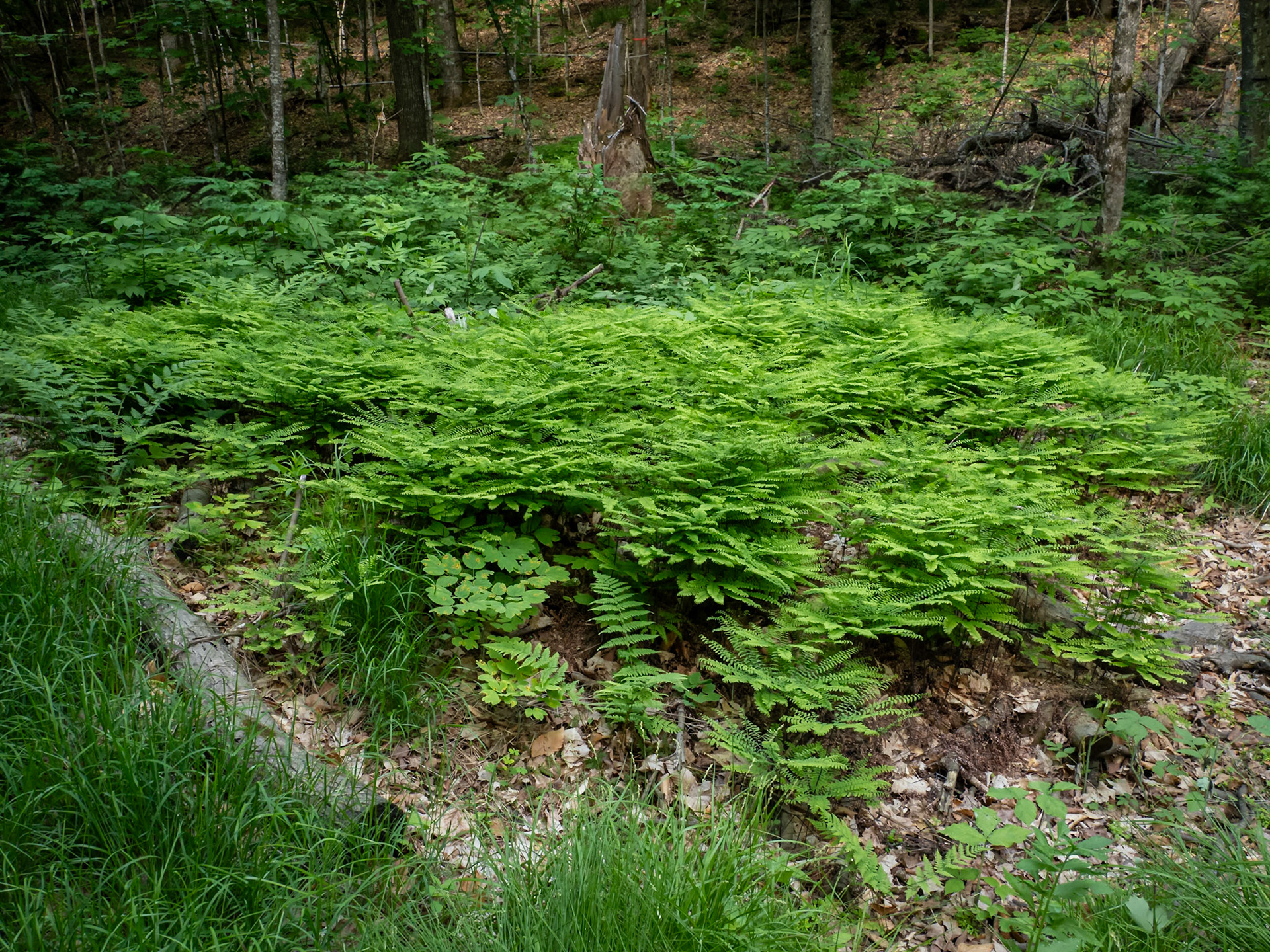
An example of "stilted roots". A new tree growing atop a rotting stump. In a few years the stump will be gone and the tree's roots will be in the open air. There are a good many examples of stilted roots doing fine in the woods.
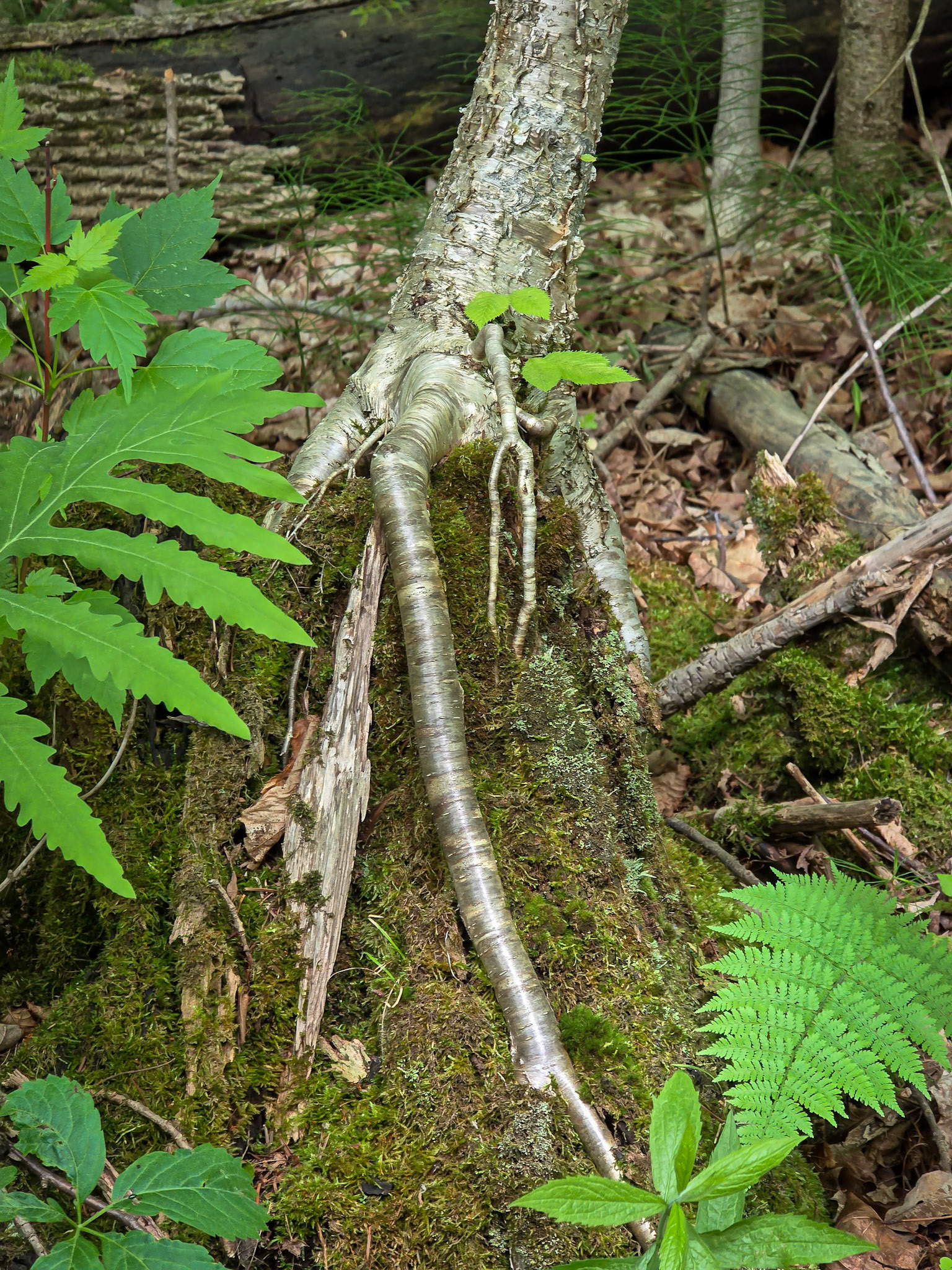
My boots covered with pollen at the end of my walk
